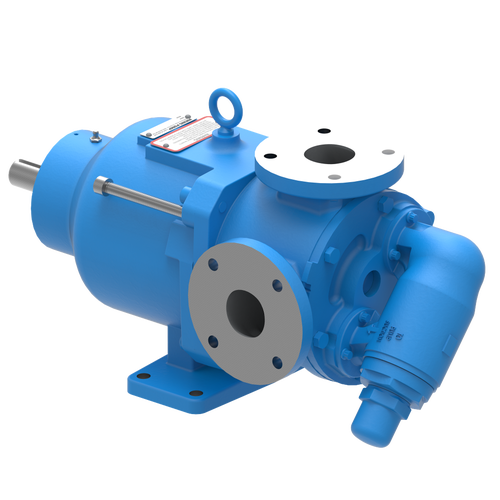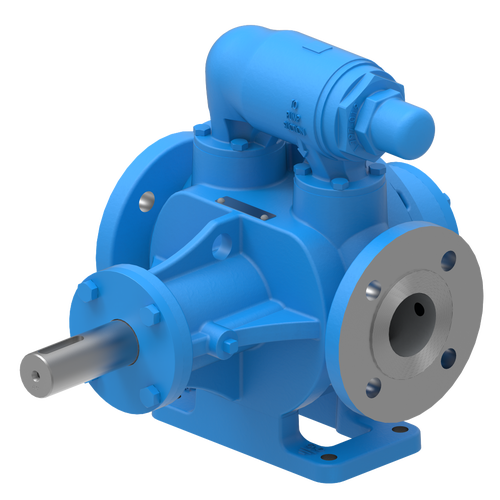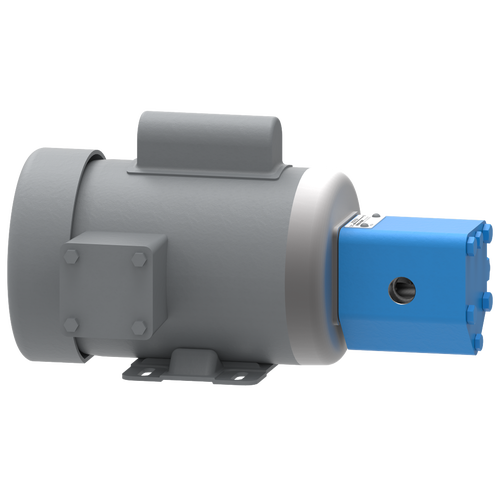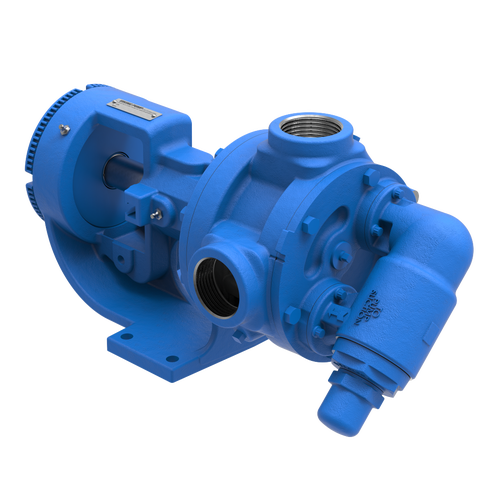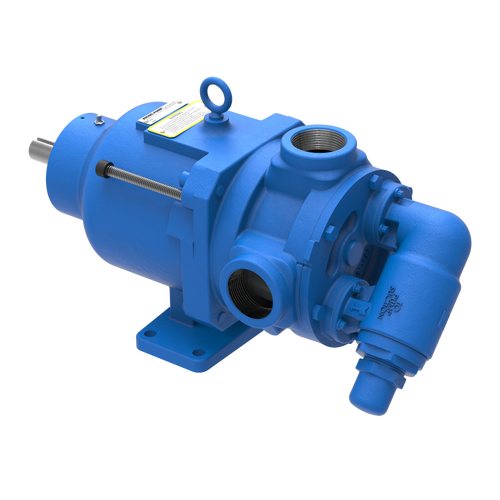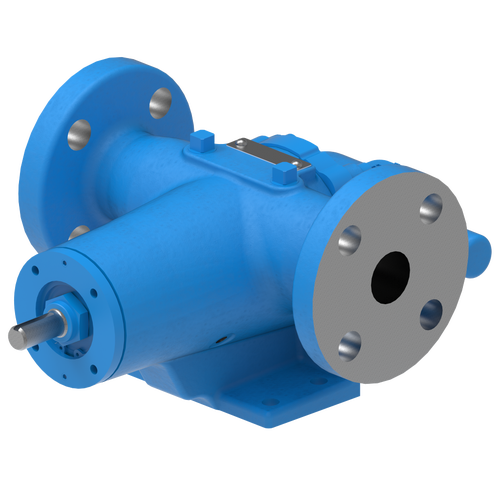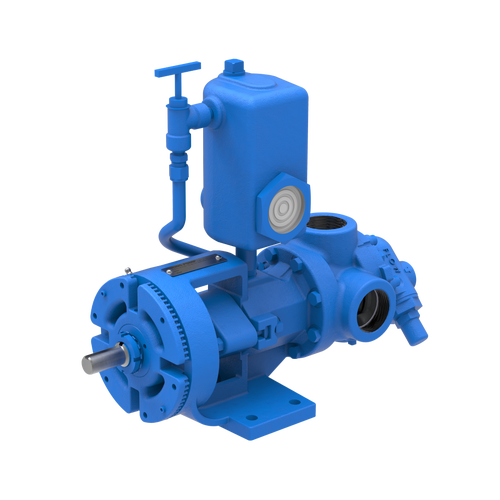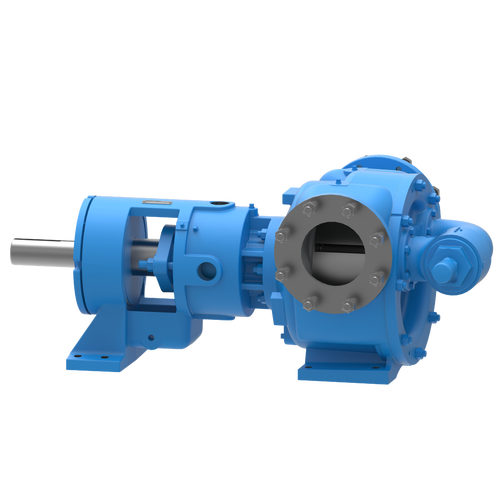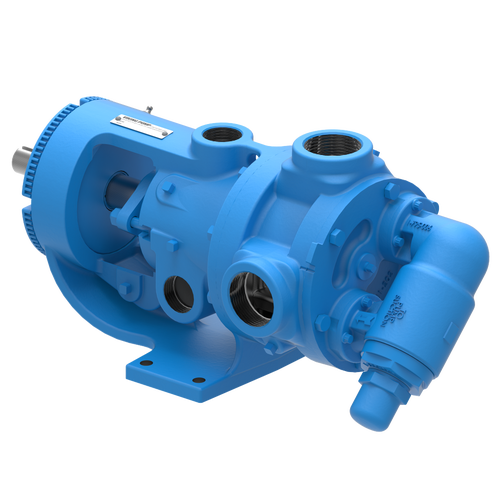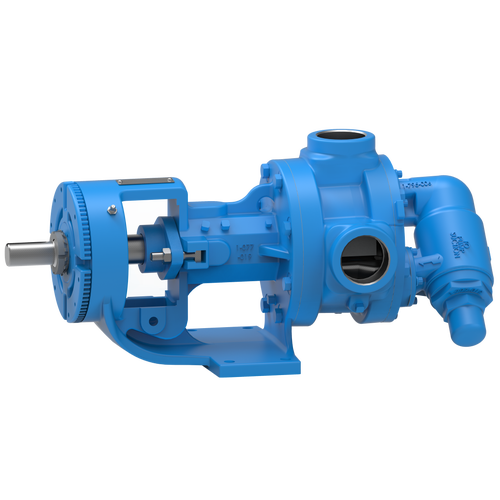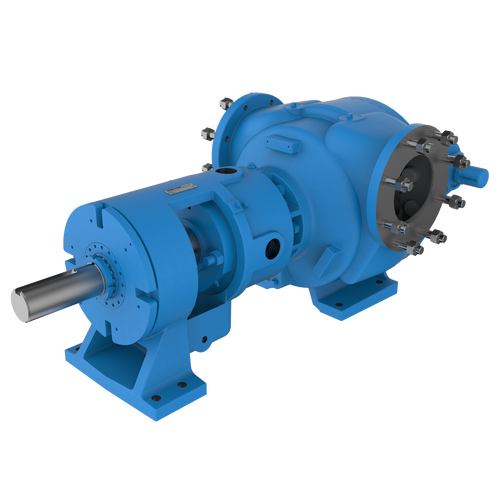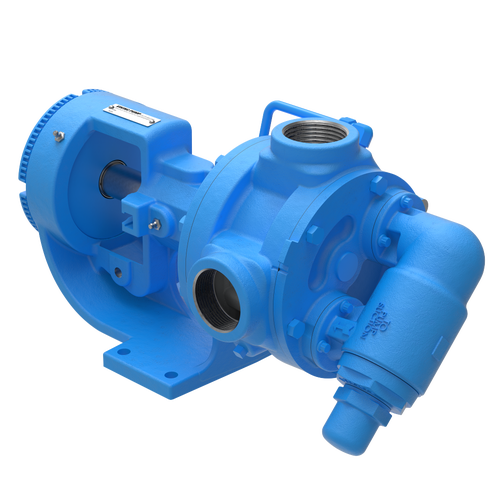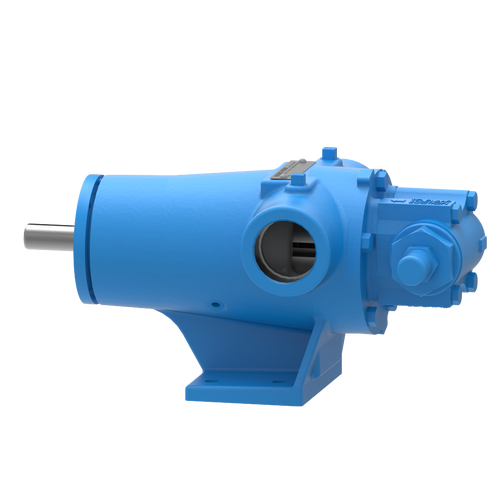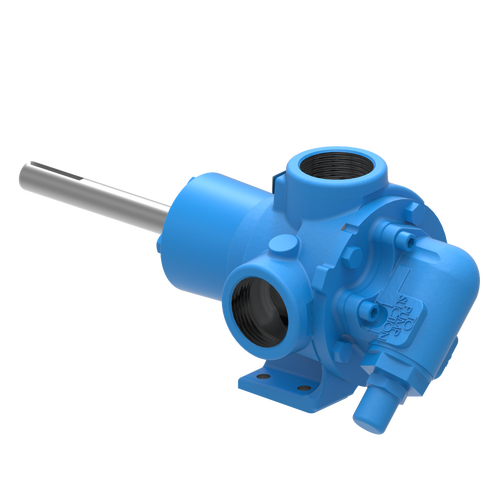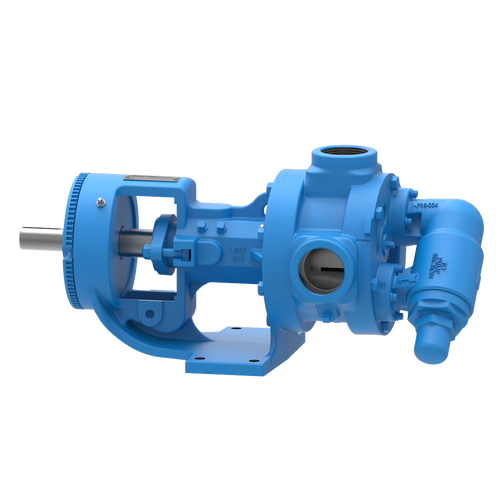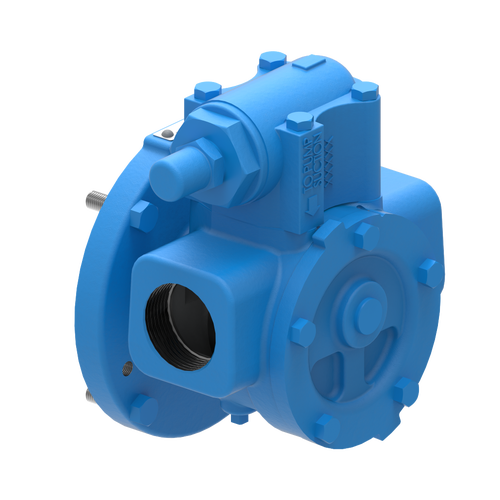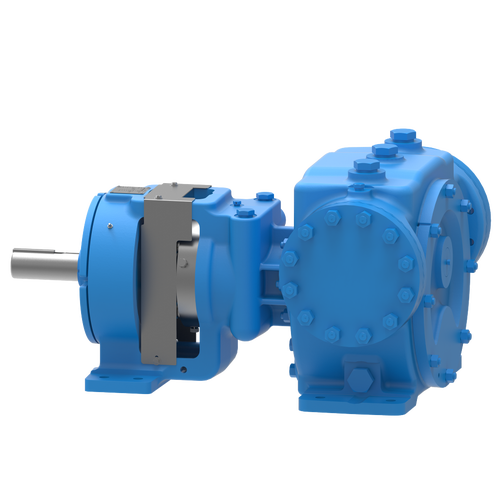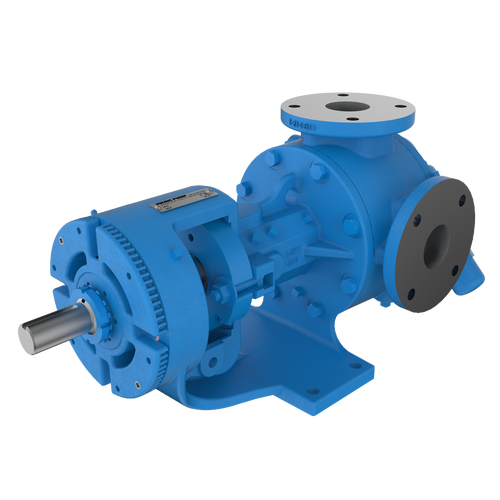Our application engineers would like to extend their experience in troubleshooting and product alignment to you through our liquids list below. Though this is not a complete listing of the broad range of liquids that Viking pumps can manage, this is an overview of frequent liquids. Do you have a unique application? Reach out to your local stocking distributor. We can work together to find a solution that best suits your pumping needs.

Acetone
Acetone is an organic compound and an important solvent used in the paints and varnishes, in resins and as a degreasing agent.
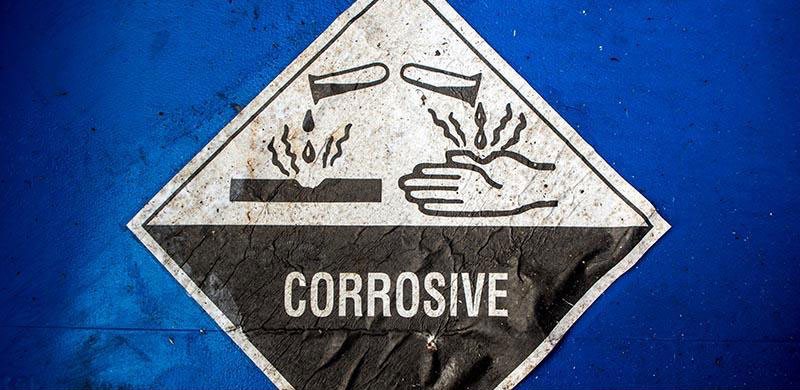
Acids & Bases
Extremes on the ends of the pH scale that can result in severe corrosion and chemical attack of the pump body, gears, bushings, and elastomers. Pump construction will ultimately be driven by the specific liquid being handled and the construction that offers the greatest chemical resistance.
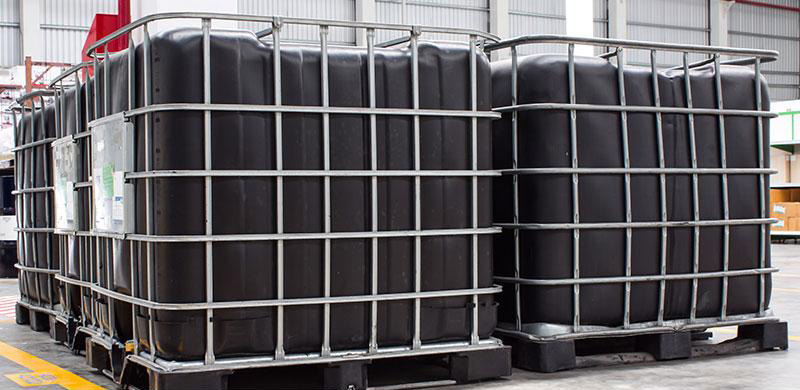
Additives
Various liquids designed to enhance or change the properties of the bulk liquid such as fuels, greases, and oils. These additive liquids include antioxidants, rust inhibitors, anti-wear agents and viscosity modifiers.
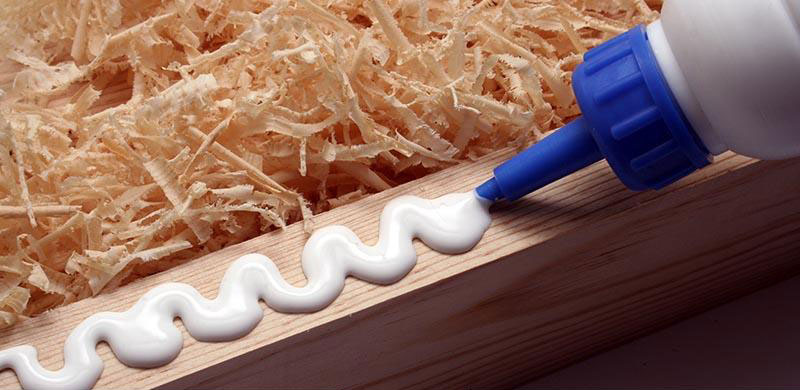
Adhesives
Adhesives are a group of substances, such as cement, glue, mucilage, and paste that are capable of holding materials together by surface attachment. Adhesives are made from many different basic materials, among them dextrin, latex, silicones, liquid rubber, resin, sodium silicate, and starch.
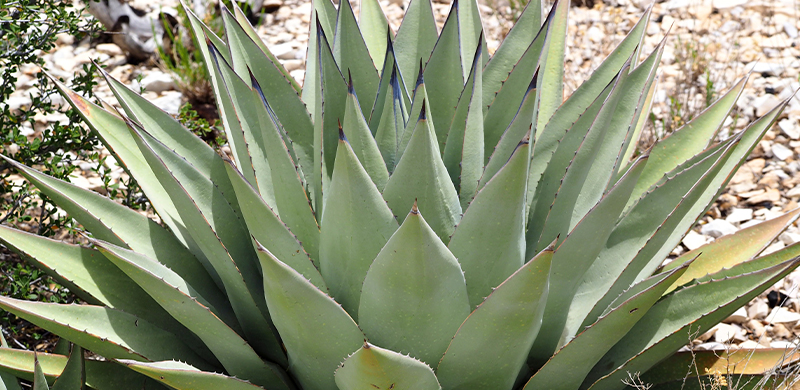
Agave Syrup
Agave syrup, also known as maguey syrup or agave nectar is a sweetener produced from the agave plant. It is used in food and beverage products as a sweetener and often used as an alternative to honey.

Alcohols
Chemical compatibility ranges greatly based on the alcohol and the subsidiary branch chains attached to it, resulting in potential chemical attack of the pump body, gears, bushings, and elastomers. Pump construction will ultimately be driven by the specific alcohol being handled and the construction that offers the greatest chemical resistance.

Ammonia
Ammonia (Refrigerant R-717) is a very thin liquid that is a gas at ambient temperature and pressure. It is typically kept at elevated pressure to keep it in liquid form. Ammonia is used as the refrigerant in cooling systems.

Asphalt Cement
Clean asphalt contains no fillers and is an oil based liquid. It is primarily used in paving roads, waterproofing liquids, and paints. Typically they are handled at elevated temperatures to reduce the viscosity of the asphalt. The pump needs a source of heat like jacketing or electric heat to prevent the product from solidifying in the pump.

Asphalt Emulsions
Emulsions are asphalt suspended in a mixture with water or other liquids. This is done to ease the application of the asphalt. Uses would be crack filling, coating roadways, or waterproofing. These emulsions are shear sensitive and must be handled with care.

Beer Yeast
Used in the fermentation of beer, lager and ales to turn sugars in to alcohol.
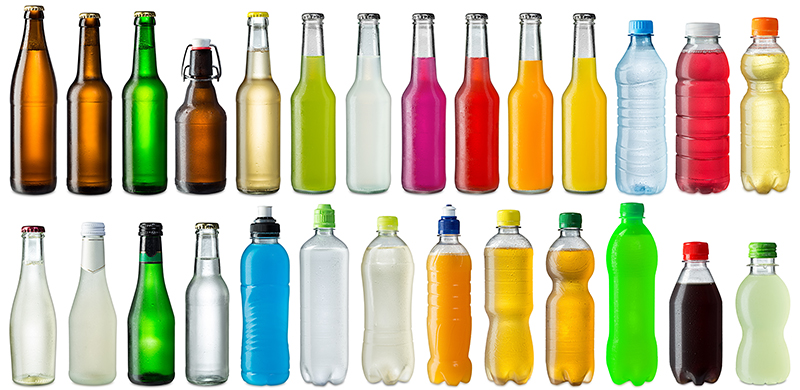
Beverages
A liquid consumed, other than water, typically a drink. This can include tea, coffee, alcoholic, soft drinks and fruit juices.
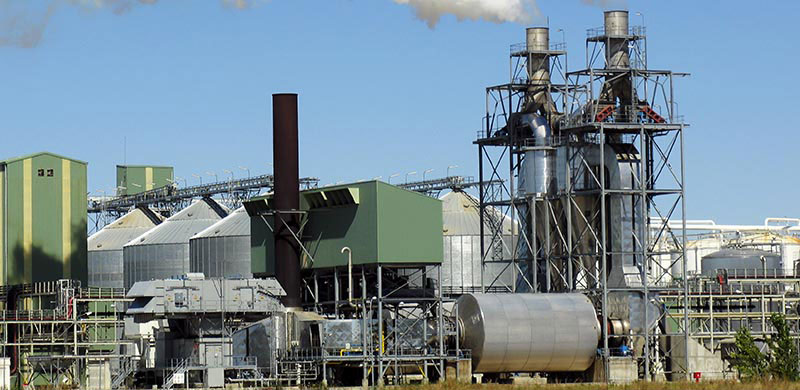
Biofuels
Biofuels include Biodiesel and Ethanol. These are fuels made from renewable resources and typically blended with refined fuels as additives.

Black Liquor Soap
A natural intermediate byproduct of kraft pulping, black liquor soap is the rosin and fatty acid content that floats to the top as black liquor is left to settle. It is skimmed off and can be used as a raw material for tall oil production. Black liquor soap can be somewhat abrasive and range in viscosity from 22 to 5500 cP, depending on the temperature it is handled at.
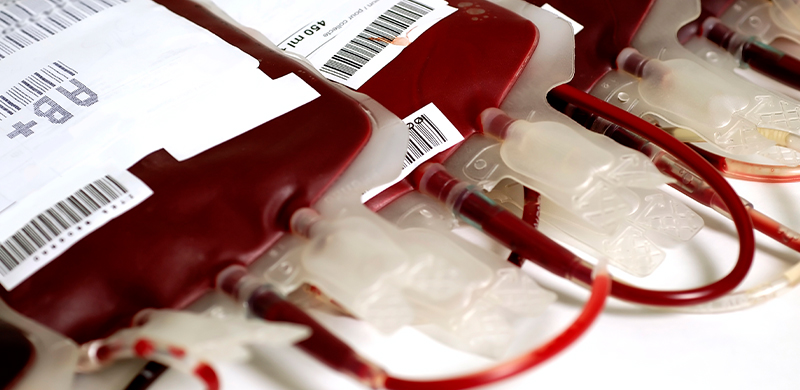
Blood Products
Therapeutic products derived from human blood including whole blood, plasma and other blood components for transfusion and medical treatment.
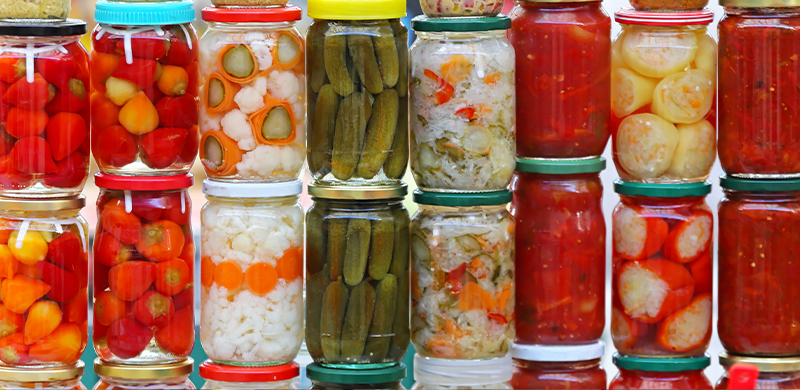
Brine
Brines are typically water based with the addition of salts and other additives. Mainly used in the preservation, curing and flavoring of foods
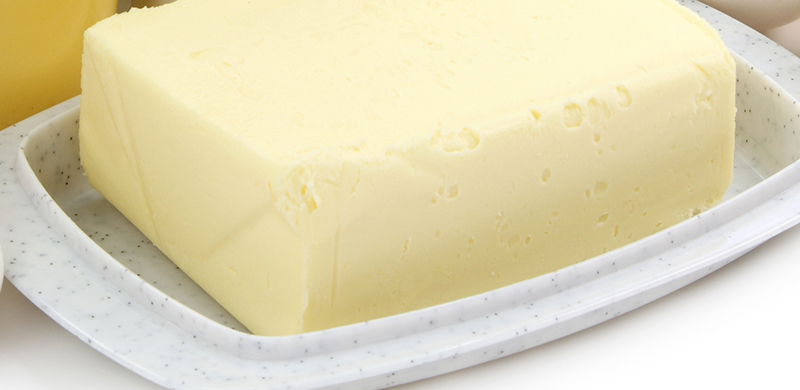
Butter
A pale yellow edible fat made from the churning of dairy cream. Used as a spread or as an ingredient in food preparation and cooking.
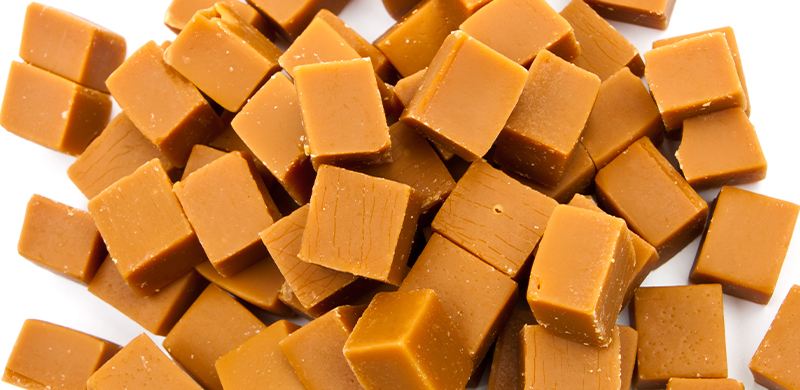
Caramel
Caramel is produced by heating sugar and is then used as a food or confectionary ingredient. Also referred to as toffee.

Caulks
Caulks can be silicone, acrylic, or latex based adhesives and sealants used in industrial and home construction. Typically high viscosity & shear sensitive.
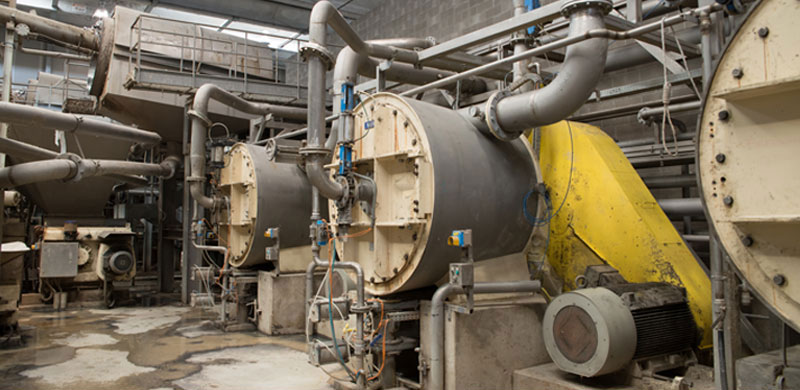
Caustic (Sodium Hydroxide)
Sodium hydroxide is soluble in water, alcohol and glycerol. It is used in the manufacture of other chemicals, rayon and film, petroleum refining, pulp and paper, making of aluminum, refining vegetable oil, in detergents, soaps, textile processing, in reclaiming rubber and as an alkali in foods. The viscosity ranges from water-thin to 40 cP depending on concentration and temperature.
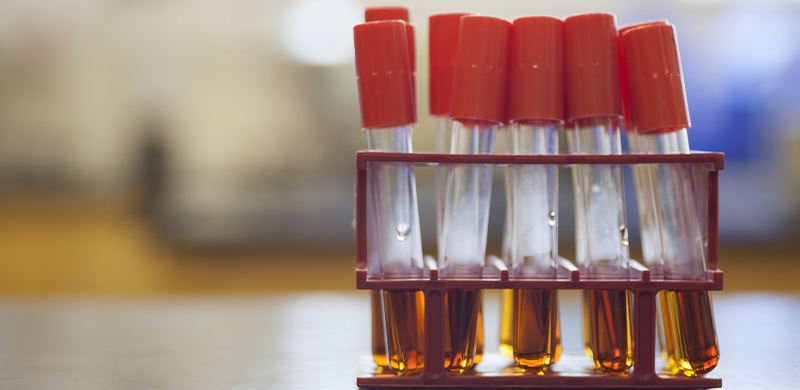
Cell Broth
The cells, nutrients and other components that make up the content of a microbial bioreactor. These are often used in biopharmaceutical products.
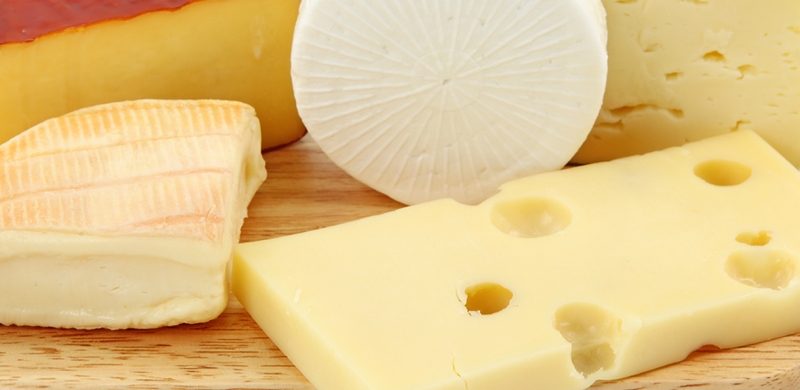
Cheese
Cheese is a food product produced from curds of milk. Typically based on cows or sheep milk but can be from a wide range of milk sources and used to produce both hard and soft cheese with many regional variations.

Chocolate
Cacao beans are roasted, ground up, and mixed with oils to get a semi-liquid which is the beginning point in the making of chocolate. Early stage chocolate is known as bitter chocolate. Add sugar and it is known as sweet chocolate. Add milk for milk chocolate. If the chocolate has been thinned down it is chocolate liquor. It can be diluted with fats like palm nut or coconut oils.
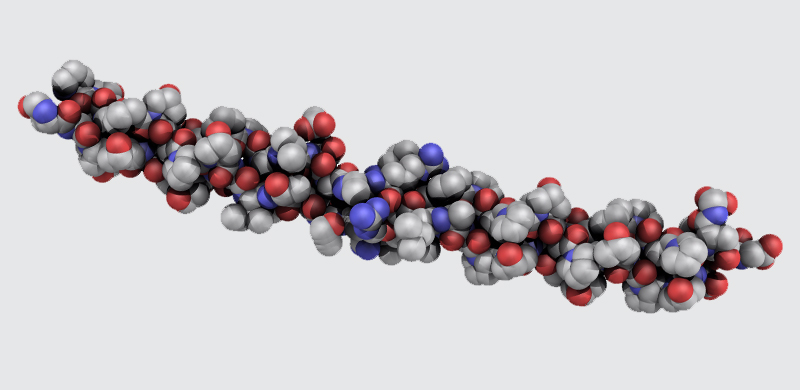
Collagen
Collagen is a structural protein found in skin and other connective tissues. These can be used in a wide range of applications from cosmetic surgical treatments to food produces such as sausage skins in the meat processing industry.
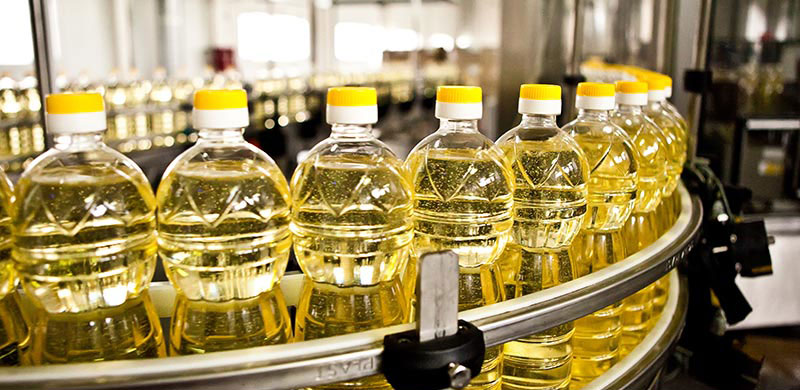
Cooking Oils
Hot cooking oils are used primarily for deep fat frying of vegetables and meats. Some cooking oils or fats will become solid at room temperature, however the pumps are typically located close enough to the supply that it keeps the pump warm. The viscosity is typically water-thin at normal operating temperatures.
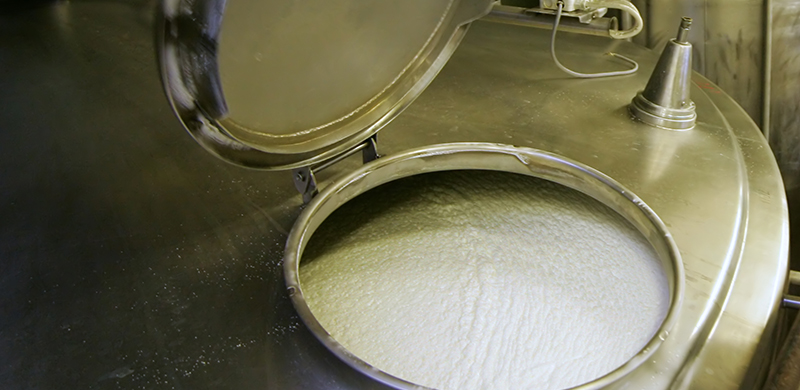
Cream (from Dairy)
Cream is a dairy product that is typically the fatty part of milk that rises to the top if allowed to stand. It is used in butter production and other food applications.
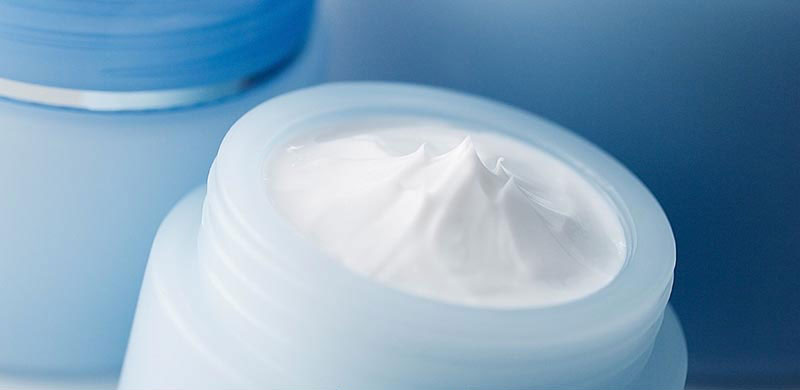
Creams (Medicinal, Cosmetic)
Creams are typically for personal use by consumers for cosmetic and surface medical treatments. Physical properties and chemistry can vary greatly depending on the cream base and added substituents. Some creams will be petroleum based like Petroleum Grease, while others may be emulsions suspended in water. They typically are shear-thinning mixtures.

Crude Oils
This is a very generic term for unrefined oils typically being recovered from the ground. Some crude oil may contain particulates from the oil well or recovery method. They are considered to be flammable liquids. Crude oils are later refined and used for everything from making plastics to gasoline.
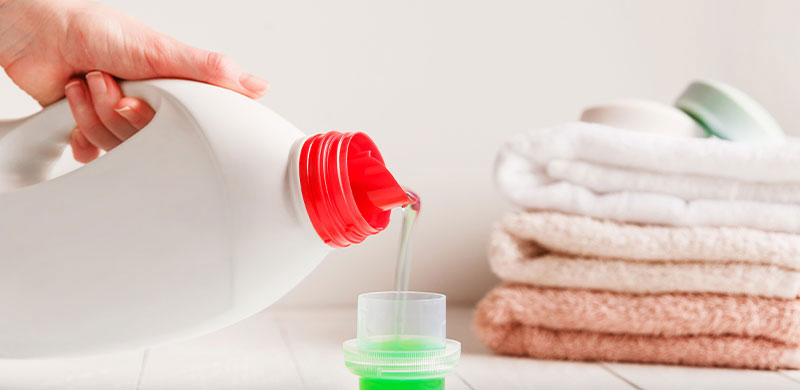
Detergent Gel
Detergent gels are surfactants used for their cleaning properties. These can be for laundry applications or used in dish washing and household cleaning activities.
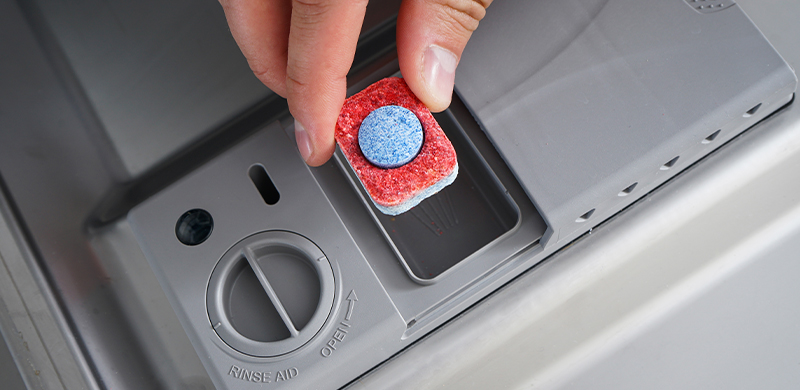
Detergent Slurry
Detergent Slurry is a blend of liquid surfactant with powdered and granulated materials, such as builders and additives, that help to improve surfactant and cleaning performance.

Diesel (#2 Fuel Oil)
Diesel is distilled from petroleum and is typically used in heavy equipment as fuel. While it is thin diesel is somewhat lubricating. It is typically handled in a bulk transfer application or on back-up generator skids.
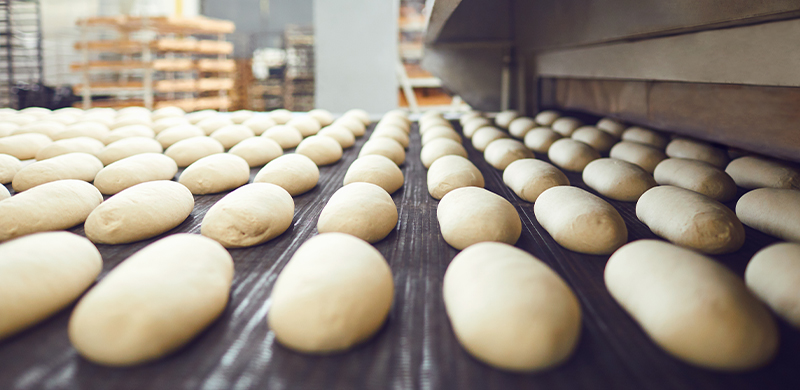
Dough
Dough is a thick malleable mixture of flour and liquid used for bread and pastry production. Often contains sugar and yeast or other flavorings and additives.

Dyes
Liquid based colorants are used in the chemical, petroleum, and industrial processes as a color indicator for identifying batch processes and what stage they are at in production. These dyes can be corrosive, such as "Red Dye" commonly used in Diesel Fuel production. When handling concentrated or pure dye, construction materials with high level corrosion resistance may be needed.
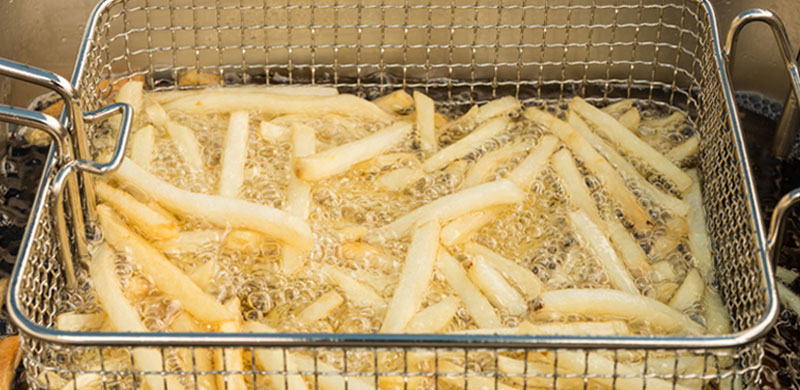
Edible Oils
This group of oils may consist of olive, palm, soybean, canola, pumpkin seed, corn, sunflower, safflower, peanut, grape seed, sesame, and rice bran or a blend of these oils that is typically referred to as vegetable oil.

Egg Products
Egg products refers to eggs that have been removed from their shells of processing. This can be whole egg, egg yolk, or just the whites. These are used in a wide range of food products.
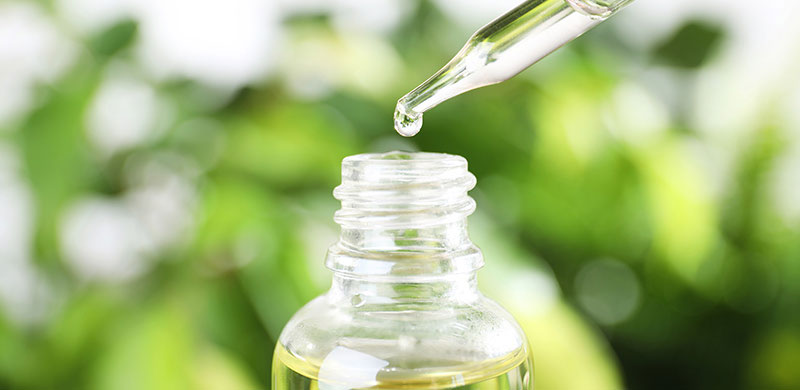
Ethanol (Cold Ethanol Extraction)
Cold ethanol extraction is a common method for removing oils from plant material. Due to its polarity, ethanol is chilled to subzero temperatures to avoid extracting additional, less desirable water-soluble molecules. Pumps in this application may be used for circulating or transporting solvents at temperatures as low as -100F.

Filled Asphalt
Filled asphalts contain particulate used in the liquids’ end applications. Examples of this would be roofing materials and hot mix plants. Typically they are handled at elevated temperatures to reduce the viscosity of the asphalt mixture. The pump needs a source of heat like jacketing or electric heat to prevent the product from solidifying in the pump.

Fruit
Fruit covers a wide range of products but these are typically regarded as the fleshy or dried ripened products of flowering plants. Common fruits would be apples, oranges, bananas, and grapes.

Gelatin
Gelatin is derived from collagen and is used in food production, but also in photographic processes and in products such as natural glues and adhesives.
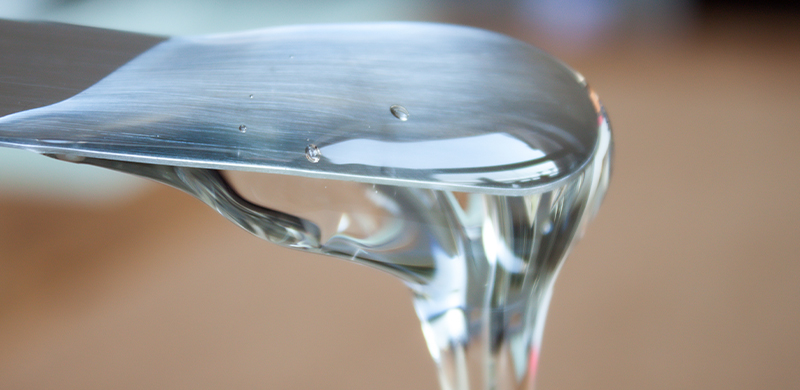
Glucose
Glucose is a simple sugar mainly produced from plants and is an abundant source of carbohydrate. Used as a sweetener in foods and confectionery products.
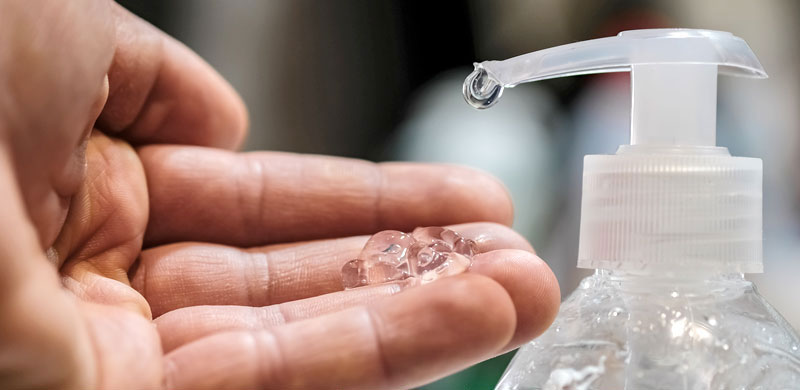
Glycerol/Glycerin
This chemical is typically produced in the same process as soaps and surfactants. It is used in a wide variety of products ranging from food and beverage to personal care and disinfectants.

Glycol (Ethylene Glycol, Ethylene Alcohol)
A clear, colorless, syrupy liquid used in a variety of applications involving lacquers, resins, printing inks, adhesives, waxes, and pharmaceuticals. It is often blended with water and used as a coolant and anti-freezing agent.

Greases
Commonly referred to as lubricating, automotive, or bearing grease. Generally mixtures of a mineral oil with one or more metallic soaps; the most common are those of sodium, calcium, barium, aluminum, lead, lithium, potassium and zinc. The texture of grease may be smooth, buttery, ropy, fibrous, spongy or rubbery and have a variety of viscosities.

Heat Transfer Liquids (Hot Oil)
Heat transfer liquids, heat transfer oil (HTO) or hot oil, are generally made from one of the following: mineral oil, diphenyls, modified terphenyls or polyalkalene glycols. Heat transfer liquids are used for transferring heat from a source to a point of use such as dies, presses, cooking vessels, processing equipment, etc. Most are handled at temperatures up to 600°F.
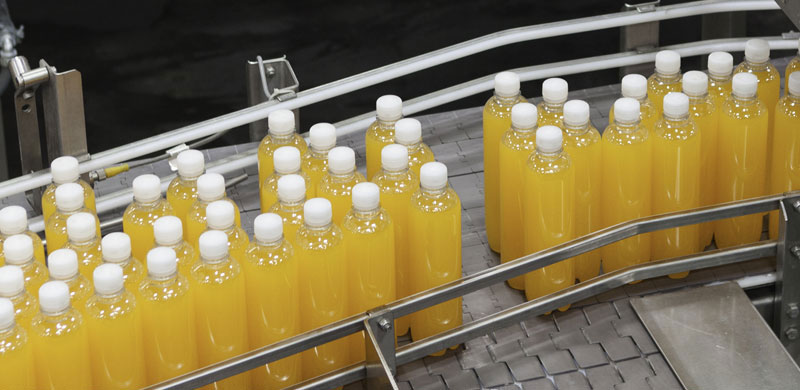
High Fructose Corn Syrup (HFCS)
High Fructose Corn Syrup (HFCS) is usually followed by the percentage of fructose in the liquid, ranging from 42 to 55%. It is most commonly used in soft drinks, jams, and jellies as a sweetener. Temperature regulation is relevant because discoloration of the liquid could occur at elevated temperatures.
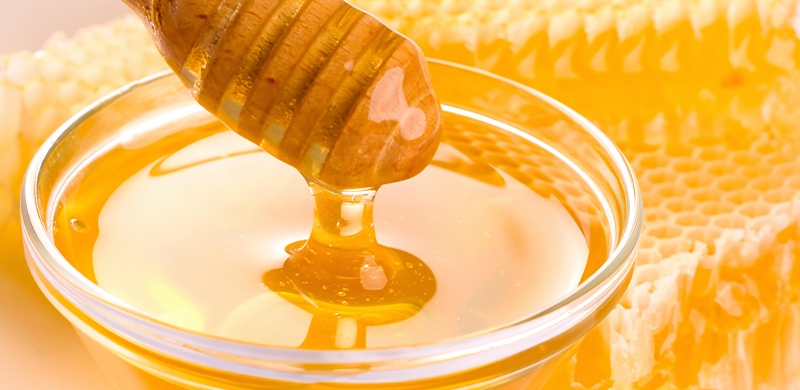
Honey
Honey is a sweet, sticky fluid produced by bees and other insects from nectar collected from flowers. Used for human food consumption as a sweetener and in some alcoholic products such as mead.
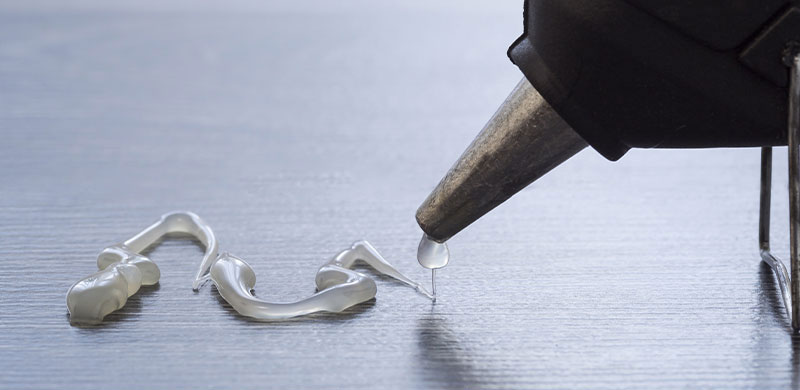
Hot Melt
Hot Melt adhesives are thermoplastic polymers that soften (become less viscous) when heated. Applied by a local system that melts the adhesive and adjusts pump speed to match the speed of the converting machine.
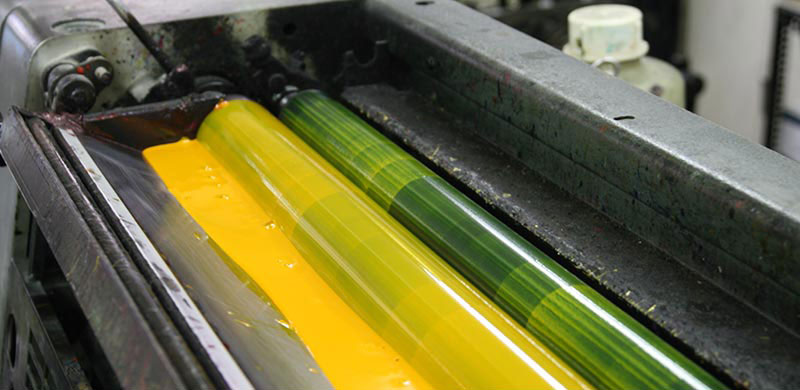
Inks
Inks for flexible packaging are shear sensitive liquids that can have a variety of solvents, waxes, surfactants, and semi-solid resin particles, and pigment load concentrations that bring with them abrasive wear and chemical compatibility concerns.
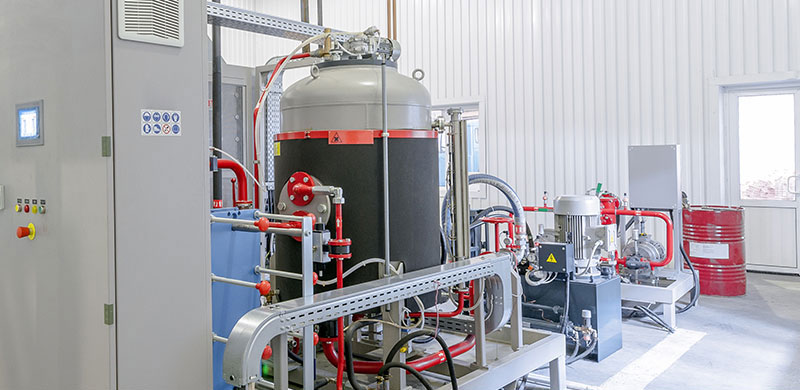
Isocyanate
Also known as TDI, MDI, or diisocyanate. Isocyanate is used as a hardening or curing agent in polyurethane foams, industrial coatings, elastomers, inks, and resins. It is extremely sensitive to moisture in the air and hydrocarbons making air-tight seal options extremely critical.
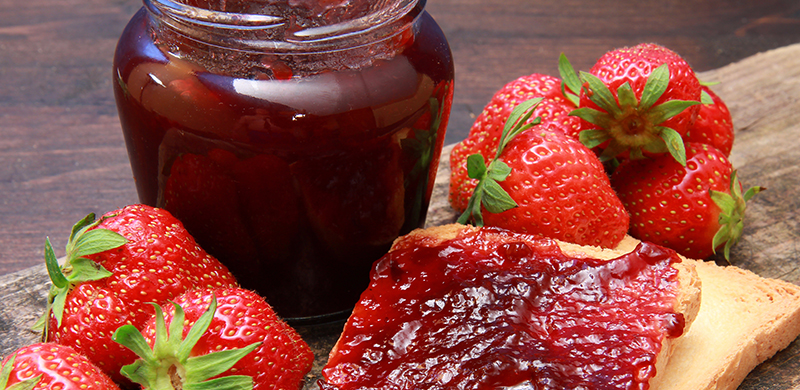
Jam
Jam, jelly, compote, and conserves consist of fruits that are cooked with sugar, sometimes with the addition of pectin and used as a foodstuff. Typically produced to a spreadable consistency with the inclusion of some fruit pieces.
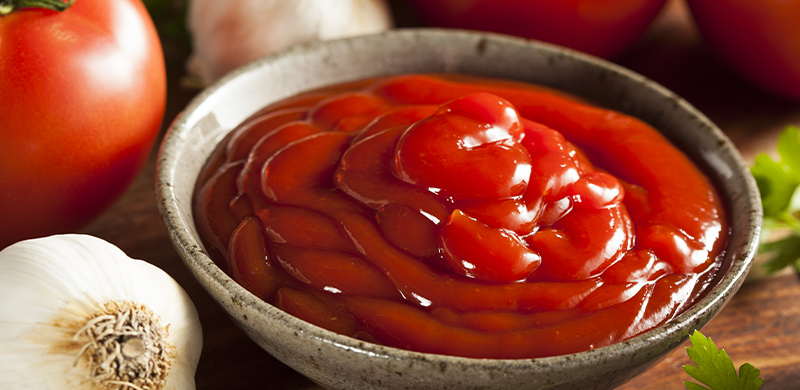
Ketchup
Typically produced from tomatoes with the addition of vinegar, sugar, and spices. One of many types of sauce or condiment used as a food product.
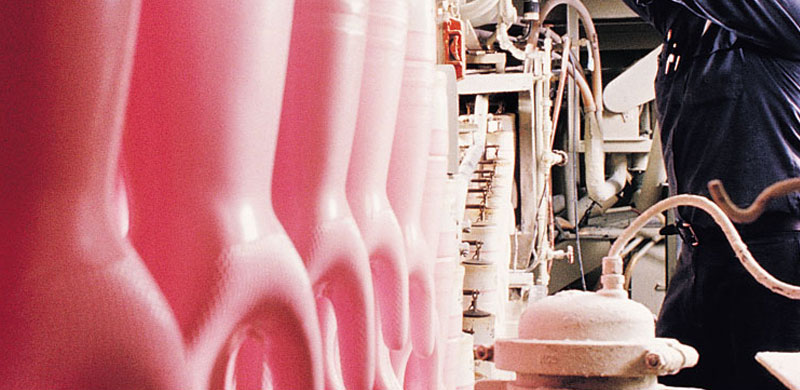
Latex
Latex is the generic term for emulsions of polymer in water that is stable. These emulsions can be natural or be synthetically made. This liquid is typically very shear sensitive and requires care when pumping.

Lecithin
Lecithin is a mixture of triglycerides, fatty acids, and carbohydrates that typically ranges in viscosity up to 5000 SSU, but may be more viscous depending on make-up and temperature. It is typically derived from soybean oil but may also be obtained from egg yolks, corn, or other vegetable seeds.
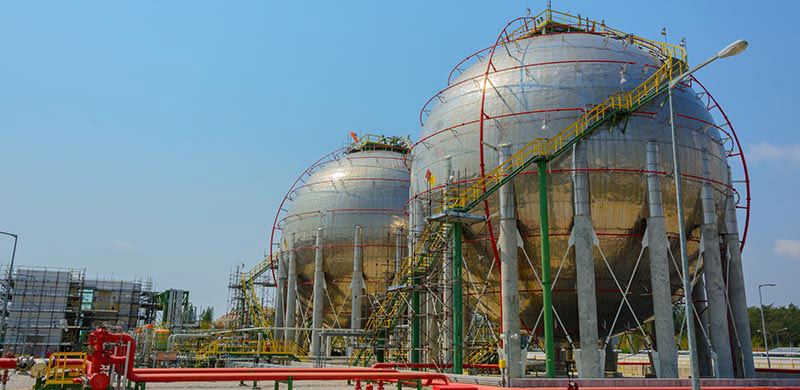
Liquefied Gases
Liquefied gases are under high tank or system (inlet) pressure and lower temperatures to prevent them from vaporizing under atmospheric pressure and ambient temperature conditions. This includes Butane, Propane, Liquid Nitrogen, Methane, etc. The high system pressure keeps the gases in a liquid state and helps propel the liquid through the system under low differential pressure.
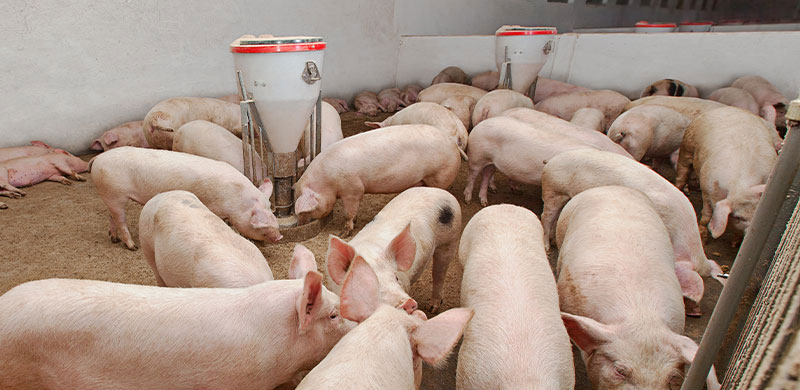
Liquid Fats
Recycled animal fats and vegetable oils are used in the production of animal feeds for many reasons including the acceleration of growth rates, improved taste, providing essential fatty acids and to act as a binder for producing feed pellets. Typical products include oils derived from corn, soybeans, peanuts as well as animal fats.
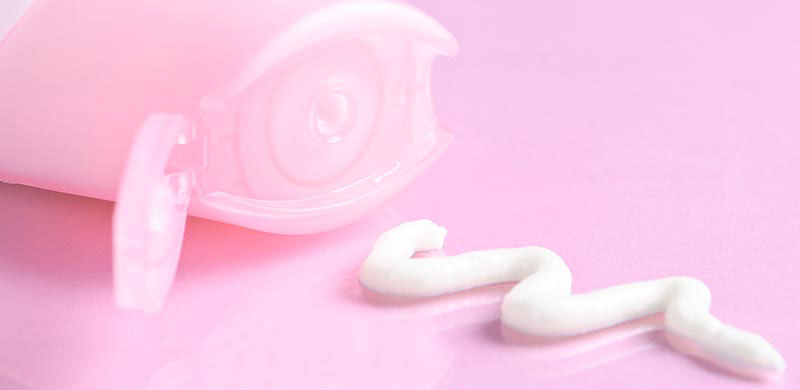
Lotions
Lotions are typically for personal use by consumers for cosmetic purposes. Most lotions are used for softening or moisturizing skin. Some lotions are used to deliver medicine to unbroken skin as well. Typically these are emulsions with oil suspended in water and shear-thinning.
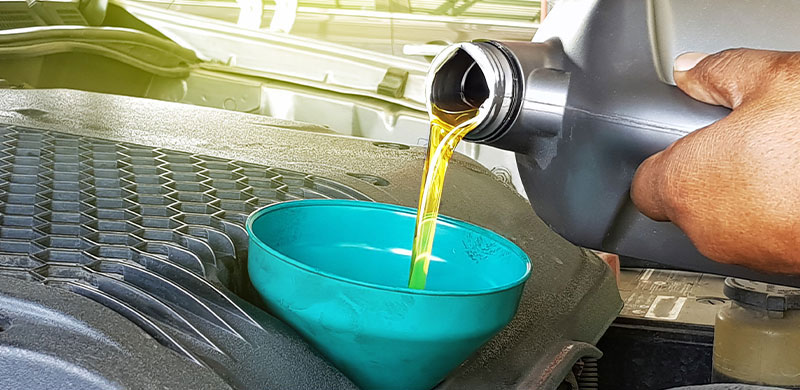
Lube Oil (Machinery Lubrication)
Machinery lubrication pumps are used in everything from small backup generators to naval ships. Lube oils, as the name implies, are the liquids used to lubricate rotating and reciprocating machinery. Lube oils may be handled at higher pressures to ensure their penetration of the equipment.
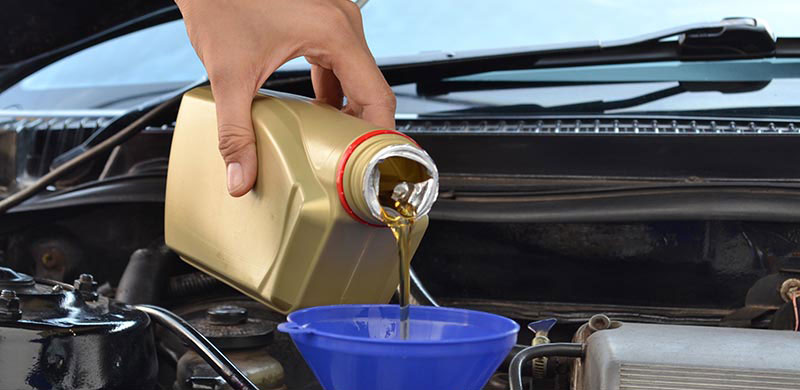
Lube Oil Blending
Local blending plants take bulk petroleum or synthetic base oils and mix them together with additives to create unique oil blends for specific applications and customers.
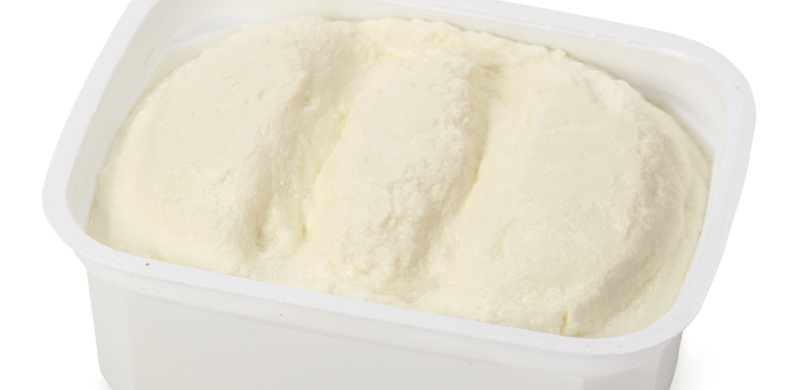
Margarine
Margarine is a butter substitute and is derived from vegetable oils. Often seen as a more healthy option to butter as it contains unsaturated fats.
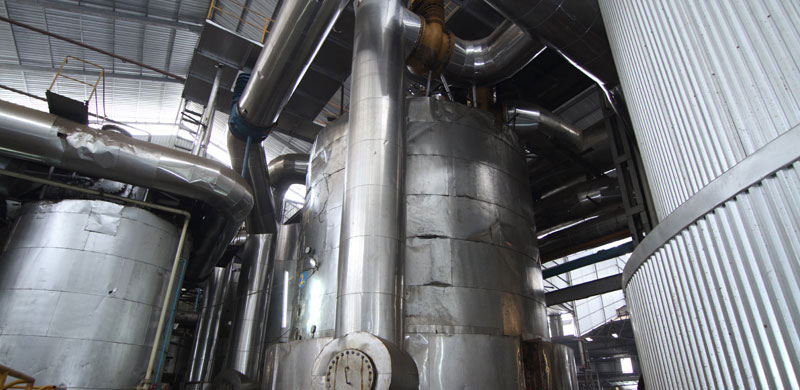
Massecuite
Massecuite is the mixture of raw sugar crystals and molasses, made by seeding supersaturated cane or beet juice, prior to the removal of the molasses by centrifuging. It contains a high concentration of abrasive sugar crystals.
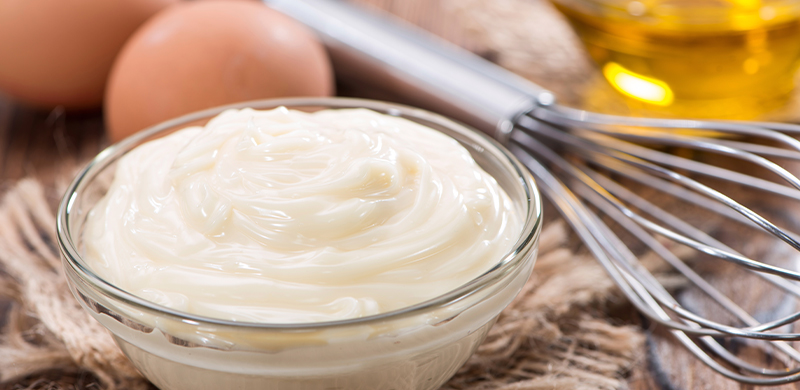
Mayonnaise
Mayonnaise is a creamy sauce or dressing produced from egg yolks and vegetable oils and is widely used in sandwiches, hamburgers and in salads.
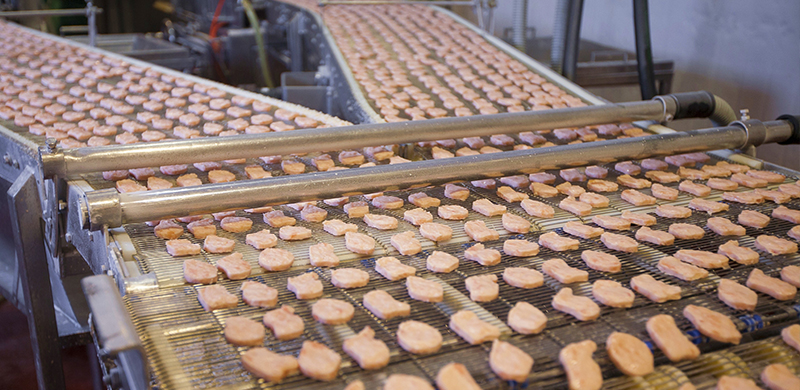
Meat Products
Meat products typically used as foods cover a wide range of processed animal flesh and by-products.
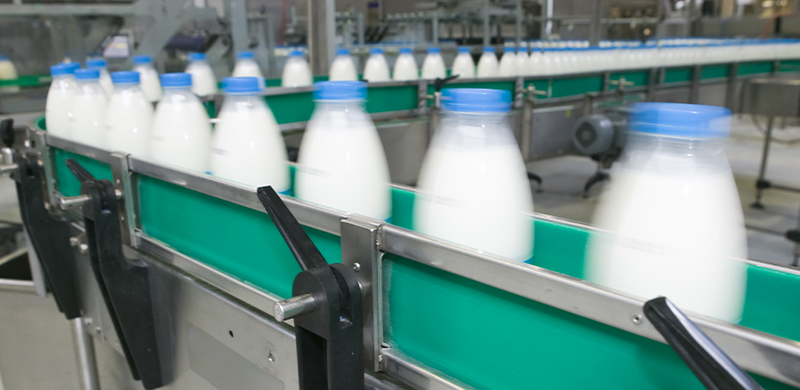
Milk
Milk from cows, sheep, goats, and similar animals used as a food or beverage. The word now also used to describe liquids from plant sources such as coconut milk, soy or nut milks.
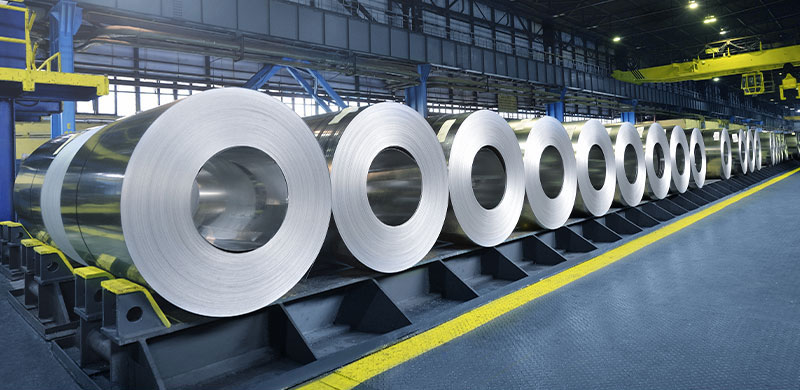
Mill Oil
Is a lubricating oil used in the processing of steel. Various formulations are utilized depending on the process such as hot rolling, cold rolling and tubular rolling of steel.
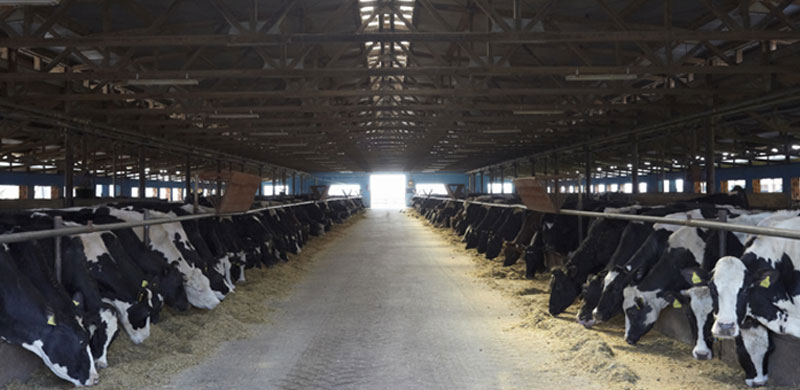
Molasses
Molasses is defined as the syrupy mother liquor left after sucrose has been removed from the cane juice by concentration. If only one crop of crystals had been removed, it is called First Molasses. If the second crop has been removed, the product is termed Second Molasses, and so on. When no more cane sugar can be extracted it is called Final Molasses or Black Strap Molasses.
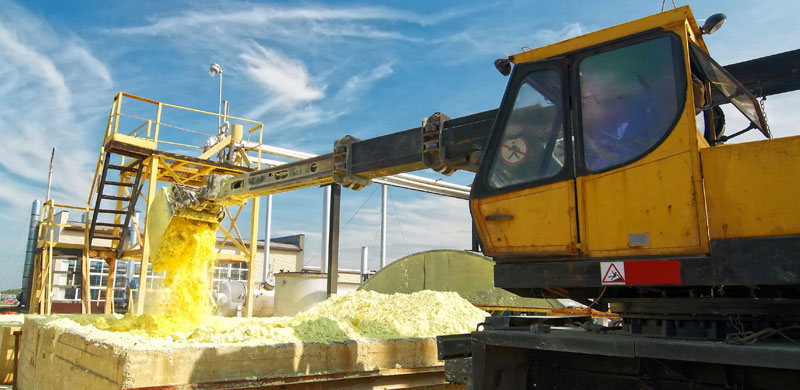
Molten Sulfur
Molten Sulfur is a difficult to pump liquid due to the very narrow temperature range that it can be handled. Molten Sulfur is typically solid up to 240°F, and then re-solidifies again around 370°F. The suggested handling range is 270°F - 310°F, where the viscosity is 6 - 9 cP. The pump needs a source of heat like jacketing or electric heat to prevent the product from solidifying in the pump.
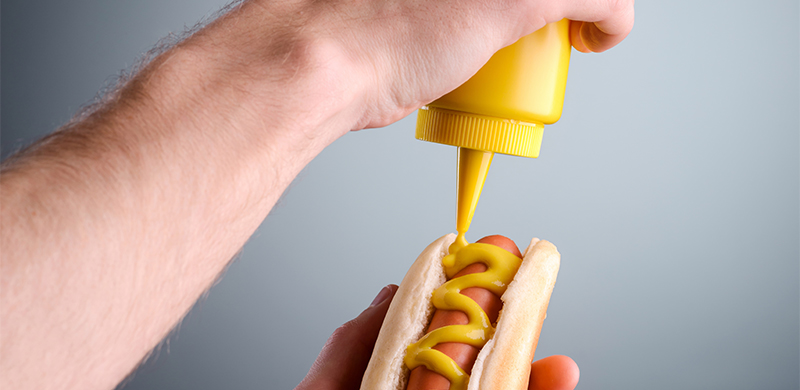
Mustard
Mustard is an acidic tasting yellow or brown paste produced from seeds of the mustard plant. Used as a condiment mainly consumed with meats.
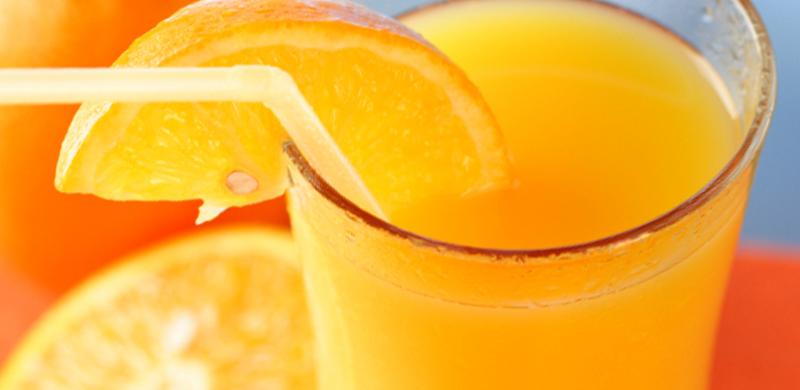
Orange Juice
Orange juice is the juice squeezed from the fruit of the orange tree and can be of many varieties such as blood orange, navel, Valencia, clementine and tangerine. Can be smooth or with the inclusion of fruit cells. Often produced and then concentrated to aid transport and storage then rehydrated at the point of use.
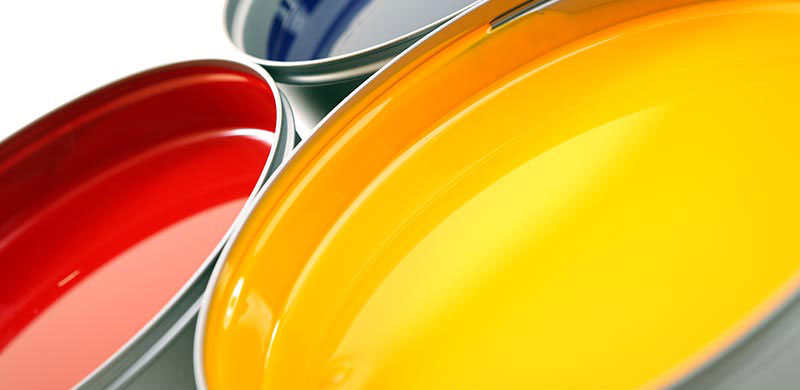
Paints
Paints are shear sensitive liquids that can have a variety of solvents & pigment load concentrations that bring with them abrasive wear and chemical compatibility concerns.
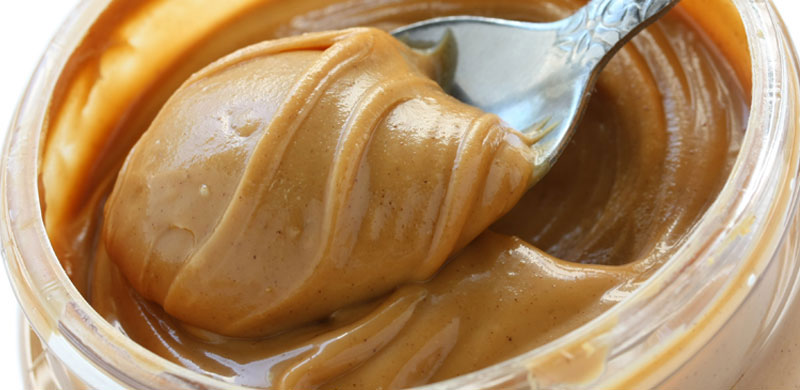
Peanut Butter
Peanut butter is made from mixing ground up peanuts with various additives and fillers. From the mixer, peanut butter is pumped through a deaerator and/or heat exchanger to remove entrained air and drop the temperature prior to being pumped to the jar filling machines.
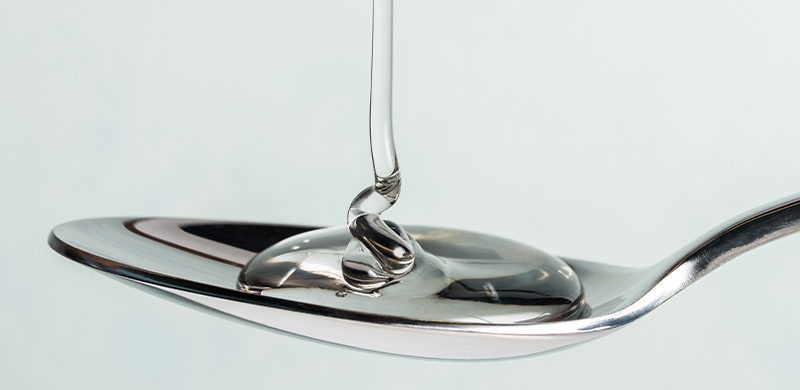
Pectin
Pectin is a soluble gelatinous substance present in ripe fruit and is used as a setting agent in jams and jellies.
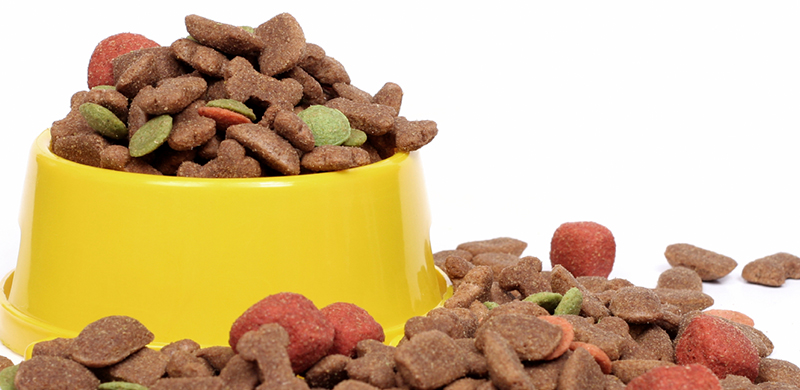
Pet Food
Pet foods are typically commercially produced foods for pets and domestic animals, dogs, cats etc. Many pet foods are produced from the by-products of the human food manufacturing industry
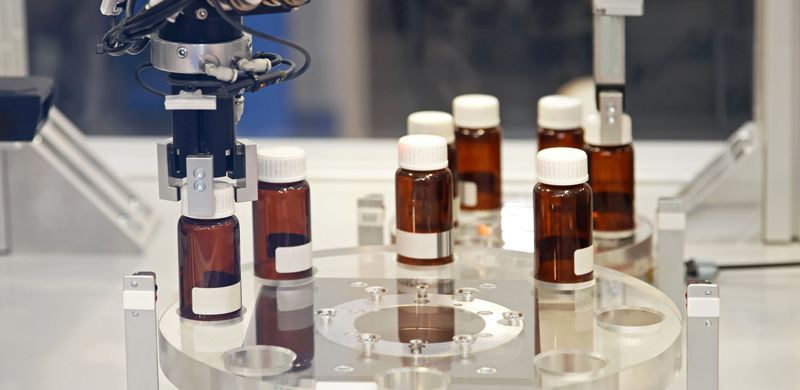
Pharmaceuticals
Pharmaceuticals are substances used in the diagnosis, treatment and/or prevention of diseases in humans and animals. Can also be referred to as drugs and medications.
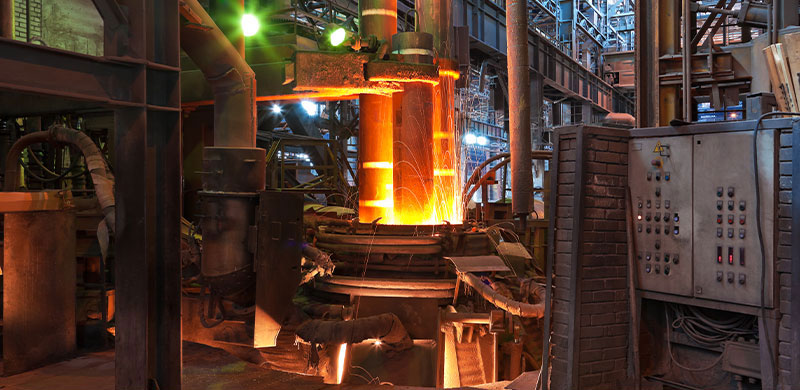
Pitch
Is the liquid that remains after the distillation of coal tar or refining of petroleum. It is used in paints, roofing and paving materials. It is also used in the production of anodes for aluminum smelting and graphite electrodes in steel production.

Polyol
Alcohols having many hydroxyl radicals are called polyols. Many companies market polyols under their own trade names. Product viscosity varies greatly depending on the specific polyol, but can be as thick as 40,000 cP. Polyols are often blended with isocyanates, so pumps handing polyols are often requested to be built using isocyanate compatible lubricants.
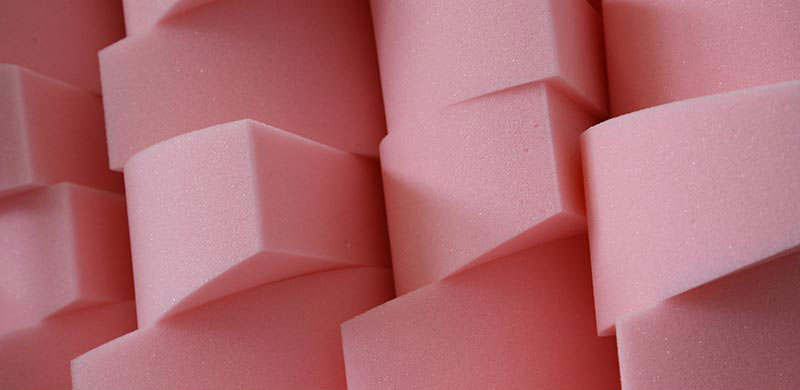
Polyurethanes
Polyurethane foam is produced when a polyether is treated with a isocyanate in the presence of water and a catalyst, as well as fillers, dispersing and emulsifying agents, etc. The water reacts with the isocyanate group to cause cross linking and curing, and also produces carbon dioxide which causes foaming. May also be known as Isocyanate liquid.
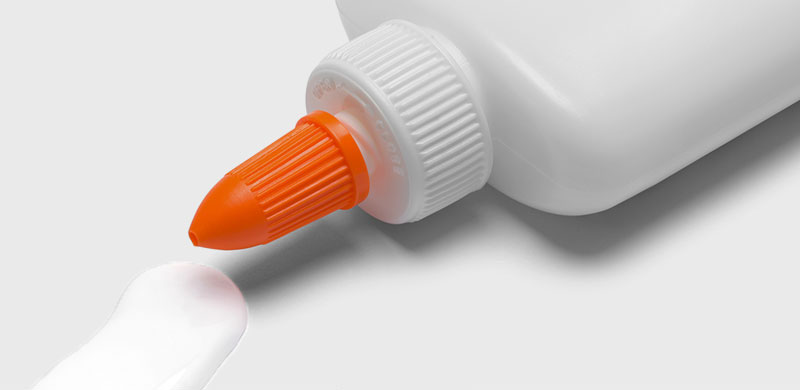
Polyvinyl Acetate (PVAC)
Poly Vinyl Acetate, or PVAC, is a colorless, odorless, tasteless, non-toxic, transparent, thermoplastic solid. It is used in latex water paints, in hot melt and other types of adhesives, for coating and finishing fabrics, as a component of lacquers, inks and in caulking compounds and chewing gum. PVAC is insoluble in water, oils and fats, but soluble in alcohols, esters, benzene and ketones.
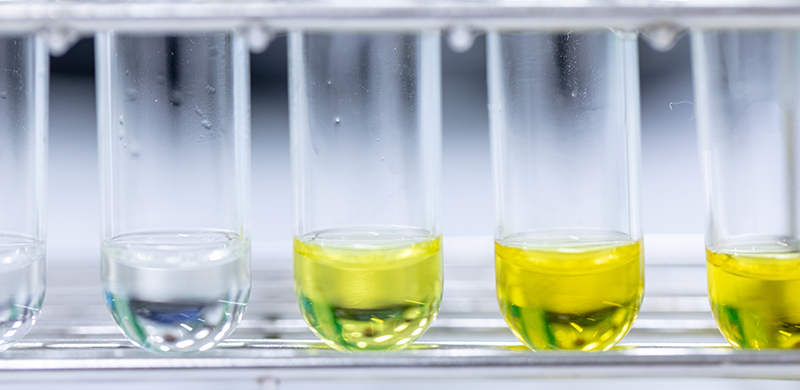
Protein Solution
Protein solutions often used in the pharmaceutical sector contain buffer, salts protein and water molecules. These are used growth media of biopharma processing.
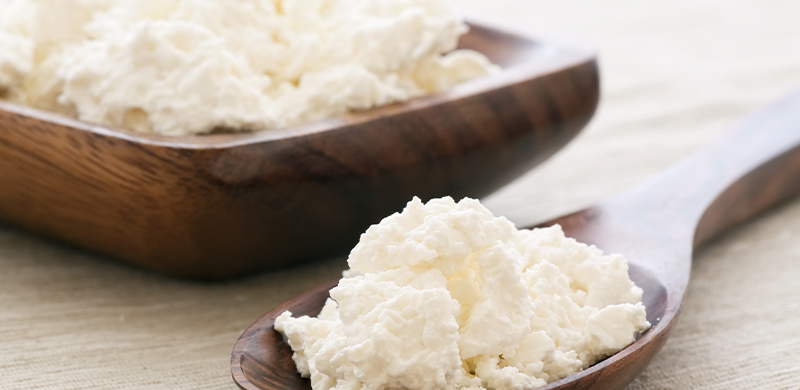
Quark
Quark or Quarg is a type of fresh dairy product made from soured milk. Typically a soft cheese made without the use of rennet.
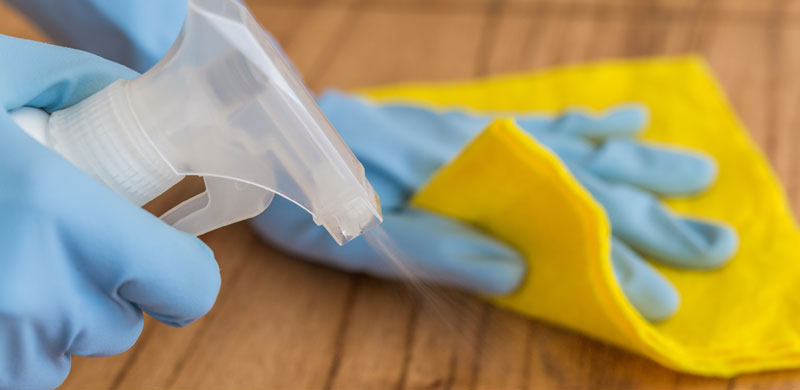
Quaternary Ammonium Compounds
Quaternary ammonium compounds, also known as quats, are used as disinfectants in restaurants, hospitals and homes. They are also used as surfactants, fabric softeners, and antistatic agents in products like shampoo.

Reclaimed Asphalt
Reclaimed Asphalt is typically a dirty or filled asphalt containing a bitumen blend with solids that could be limestone or rubber based. These solids result in very high viscosities and abrasive nature, resulting in the need for extra clearances, low run speeds, and the inclusion of hardened parts.

Refined Fuels
Refined fuels would include petroleum based fuel oils and some Jet Fuels. Their viscosity and temperature handled can vary greatly. Normally these are handled in bulk transfer operations.

Resins
Resins are high viscosity liquids with potentially shear sensitive (thinning) components, and made up of solvents, waxes, surfactants, and semi-solid resin particles all with various chemical compatibility concerns. These resins can be used in polyurethanes, epoxies and other adhesives. In some cases, resins contain pigments that bring with them abrasive wear concerns.
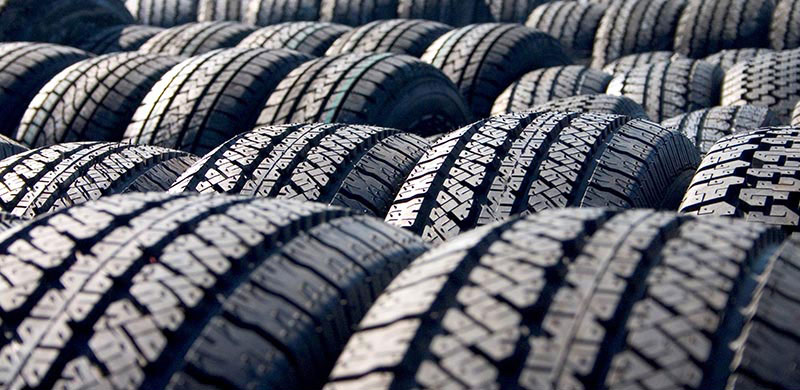
Rubber Cement
Rubber cement, also referred to as contact cement covers a wide range of materials; some may be emulsions sensitive to shearing; others may be flammable because of the solvent carrier; others may be water solutions, which are used in a variety of adhesive-type applications. Due to the variance in material and solvent used, the viscosity varies greatly.
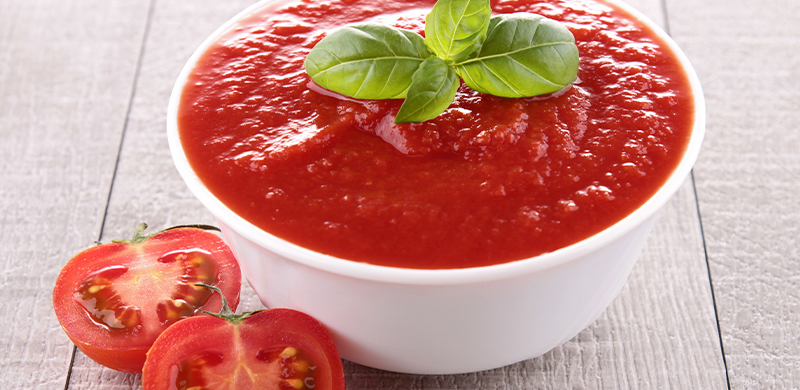
Sauces
The term sauces covers a wide range of food products ranging from ketchup, mayonnaise, mustards, apple sauce and many other condiments.
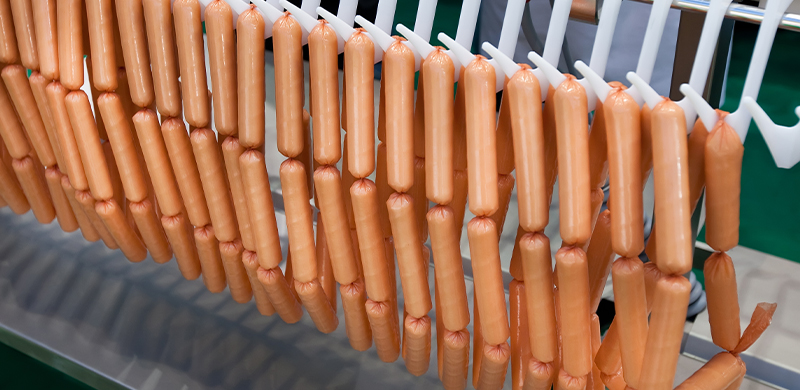
Sausage
An item of food in the form of a cylindrical length of minced meat, typically pork, encased in a skin.
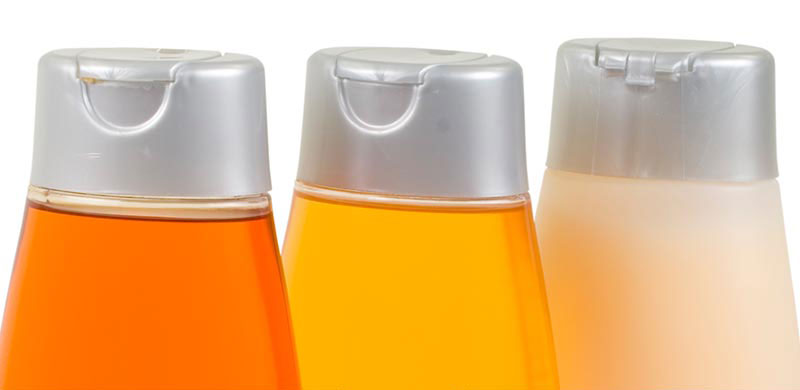
Shampoo
Shampoos are used for personal and pet care hygiene products. They typically are shear-thinning mixtures and lubricating.
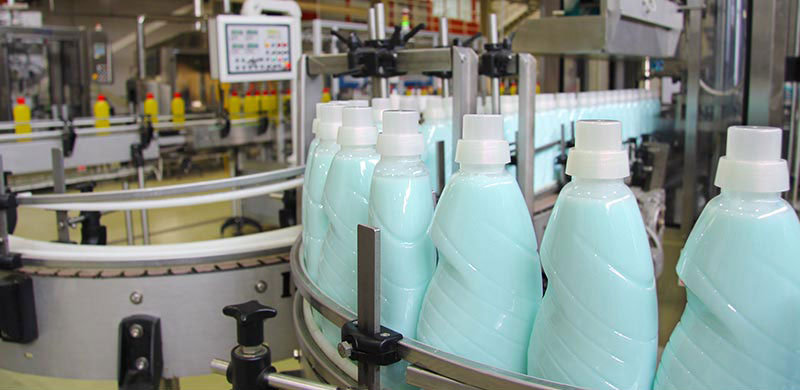
Soaps
Kettle soap, soap stock, soap skimmings, and liquid soap are a mixture of sodium salts of various fatty acids of natural oils and fats. Common soap is largely a mixture of the sodium salts of palmitic, stearic and oleic acids. Rosin soaps for laundry purposes are made by adding a soap made from rosin or rosin itself to an ordinary soap.
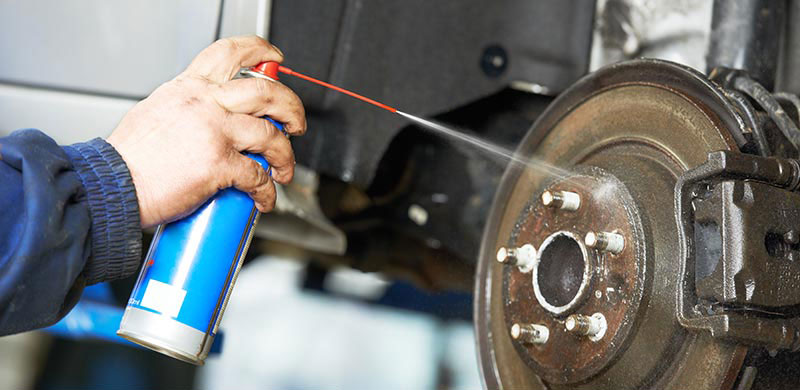
Solvents
The wide range of viscosity of various solvents plays a key role in determining the best pump for handling the application. Pump construction will ultimately be driven by the specific liquid being handled and the construction that offers the greatest chemical resistance and is the most viscosity appropriate.
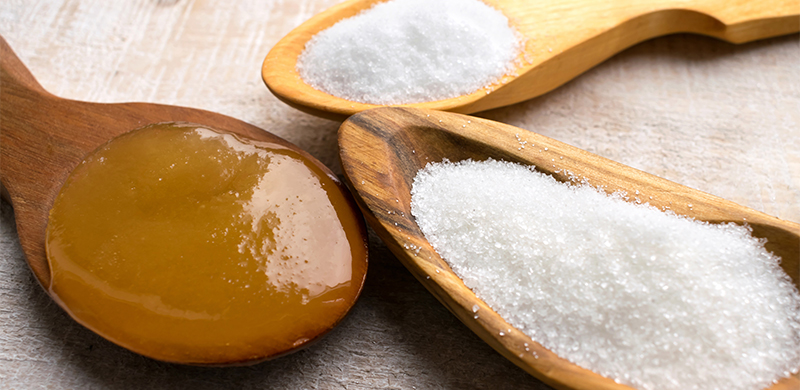
Sorbitol
Sorbitol is a sweet tasting compound derived from a number of sources, typically potato starch. It has a wide range of applications as a sweetener from food products through toothpaste.
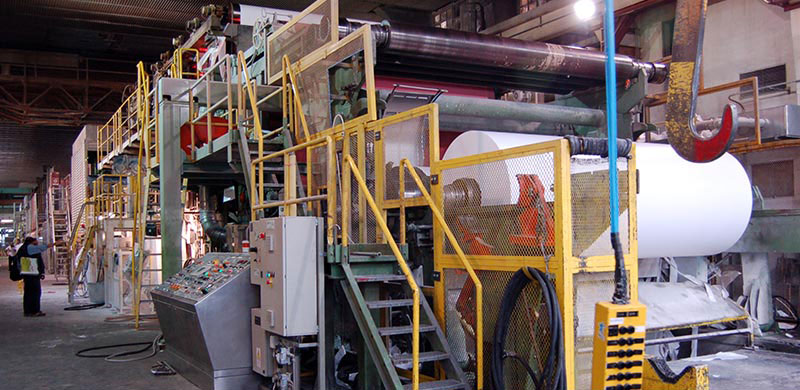
Starch
Starch is derived from corn, arrowroot or potatoes. It is shear sensitive (thickens) and viscosity varies from a few centipoise to over 20,000 cP depending on the type of starch, concentration in the liquid, and temperature.

Starch Adhesive
Starch based adhesives are used in the paper and corrugating industries. The raw starch is derived from a variety of plants such as corn, wheat, and potatoes. They tend to be shear sensitive (thickening) and are mixed in equipment commonly referred to as a starch kitchen.
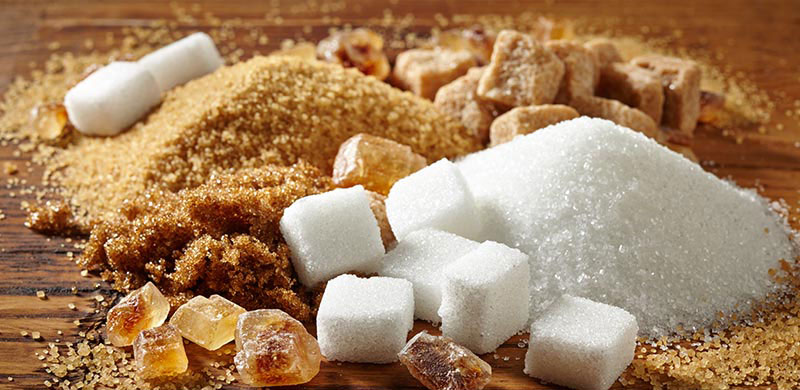
Sugar Magma
Sugar magma is a mixture of sugar crystals and liquid. It has a high viscosity and is abrasive. The crystals within the magma can be damaged, so need to be handled with larger, slower running pumps.
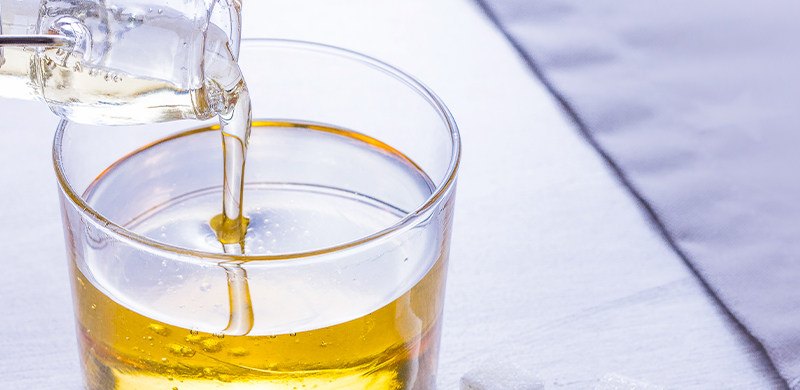
Sugar Solution
A generic term used to describe a mixture of water with a sweetener such as sucrose derived from sugar cane or sugar beets.

Sulphate Soap
A by-product in the production of cellulose often found in the paper processing industry. Often used in the production of tall oil which is used in the paint industry.
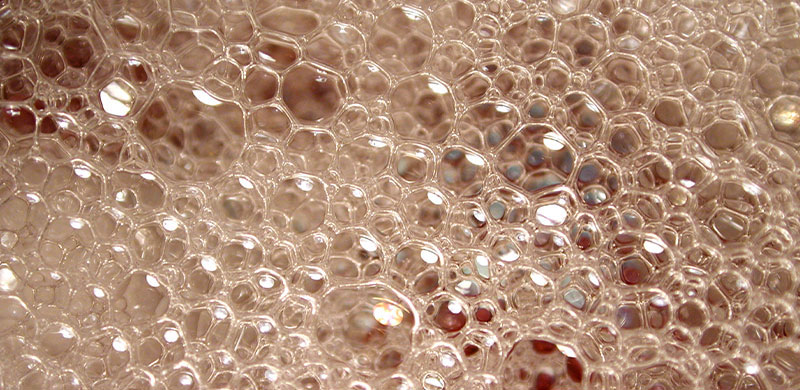
Surfactants
Surfactants reduce the surface tension of the liquid in which they are dissolved. Commonly used in cleaning products to emulsify oils and hold dirt or other particulates in suspension. Also used in chemical processing like ethanol production.
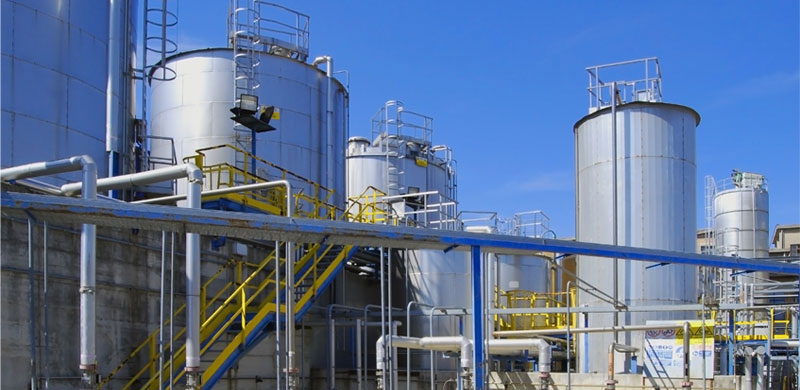
Tall Oil Soap
A natural intermediate byproduct of kraft pulping, tall oil soap is the rosin and fatty acid content of black liquor that is skimmed off and used as a raw material for tall oil production. Tall oil soap can be somewhat abrasive and range in viscosity from 22 to 5500 cP, depending on the temperature it is handled at.
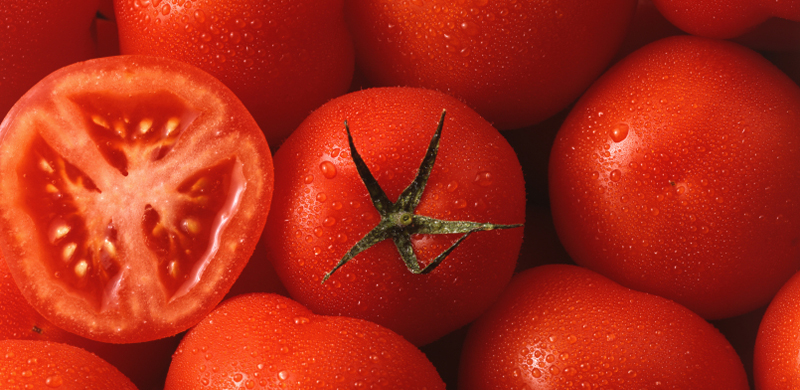
Tomato
Tomato products used in a wide range processed foods. Pasta sauce, pizza toppings, tomato puree, soups, ketchup, relish, etc.
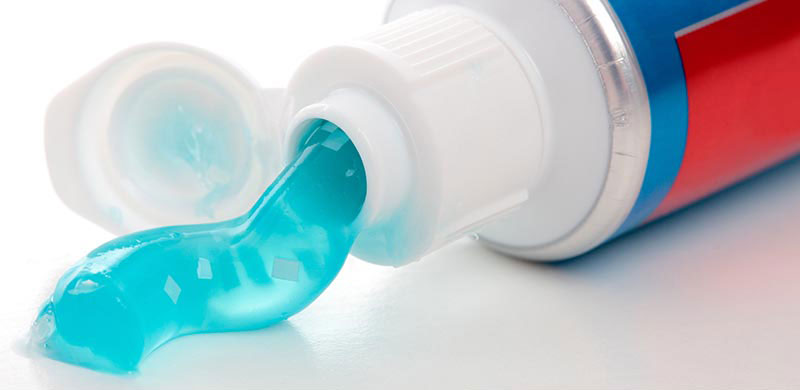
Toothpaste
Toothpastes are used to keep teeth clean and healthy. Typically it is abrasive to assist in breaking up plaque that has formed on teeth. Usually it is also fairly viscous.
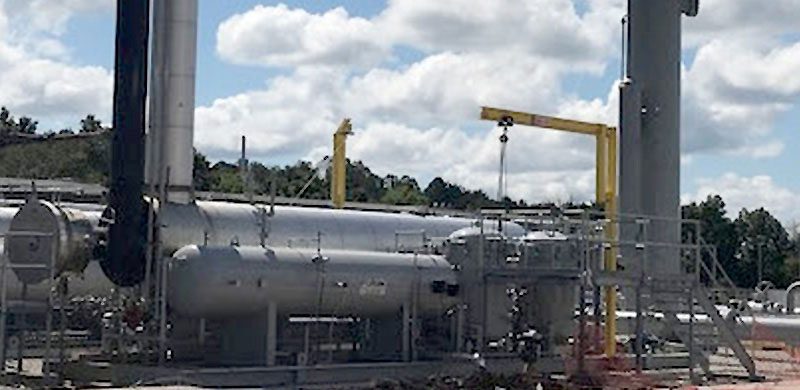
Triethylene Glycol (TEG) for Gas Dehydration
Triethylene Glycol is used as a liquid desiccant to remove the water from natural gas. The hot glycol is injected into the gas pipeline at high pressures to dehydrate of the natural gas coming out of the ground.
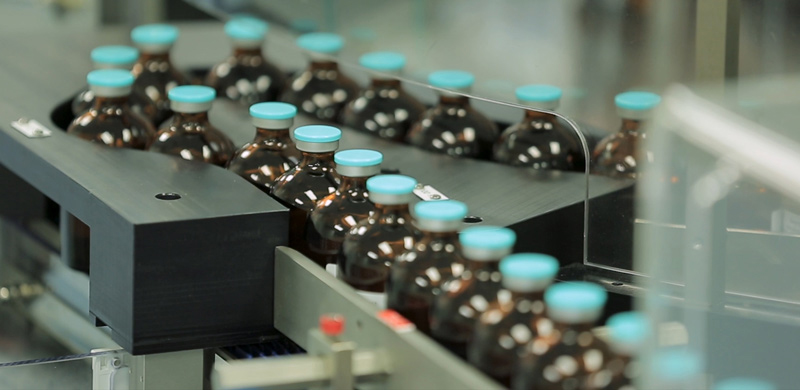
Vaccine
A vaccine is a biological preparation that provides active acquired immunity to a particular infectious disease. A vaccine typically contains an agent that resembles a disease-causing microorganism and is often made from weakened or killed forms of the microbe, its toxins, or one of its surface proteins.
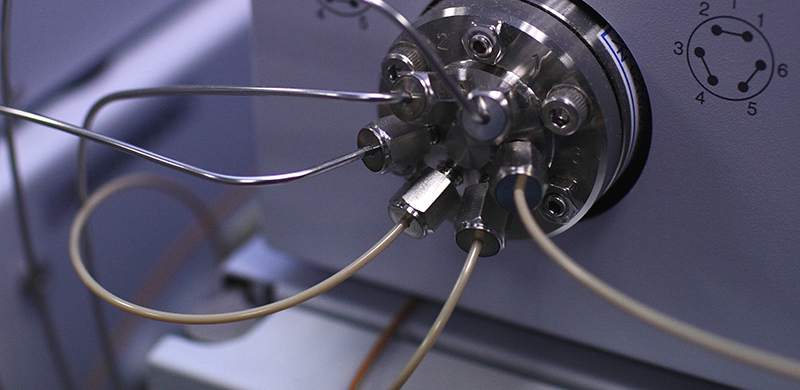
Water for Injection (WFI)
Water for Injection or WFI is a high quality sterile water used to make solutions for drug and vaccine injection and as a carrier fluid in pharmaceutical manufacturing.
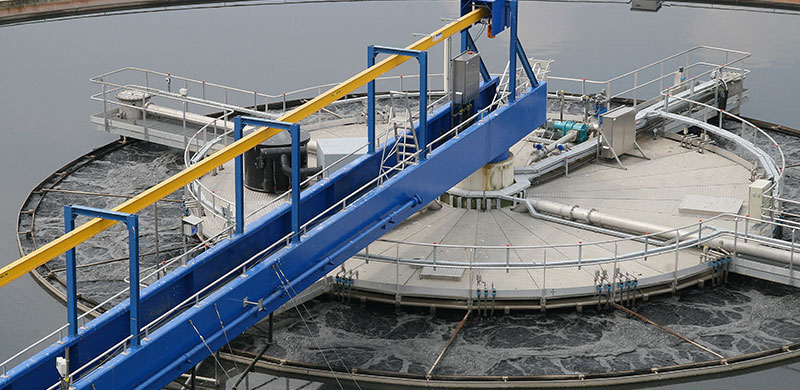
Water Treatment Polymer
Water treatment polymer is used in the cleaning and recycling phase of processing waste water. It is typically shear and heat sensitive as well as potentially corrosive for some metals.
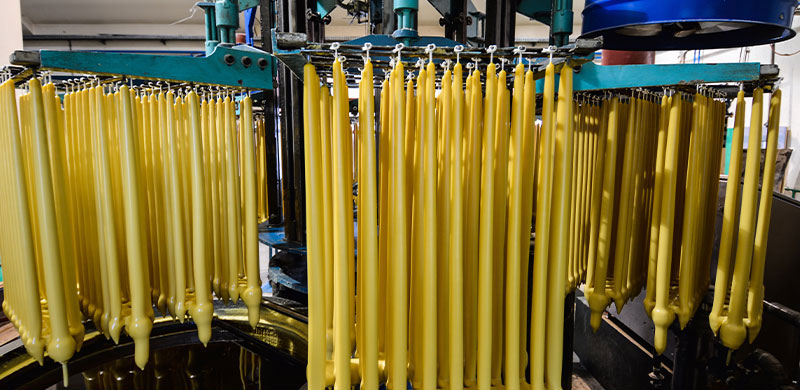
Wax
Waxes can be natural secretions of plants or animals, such as beeswax, or by-products of petroleum refining. Wax is commonly used in the paper and boxboard industries to make products such as cartons and paper packaging moisture resistant. Wax can also help prevent food products from sticking to paper packaging.
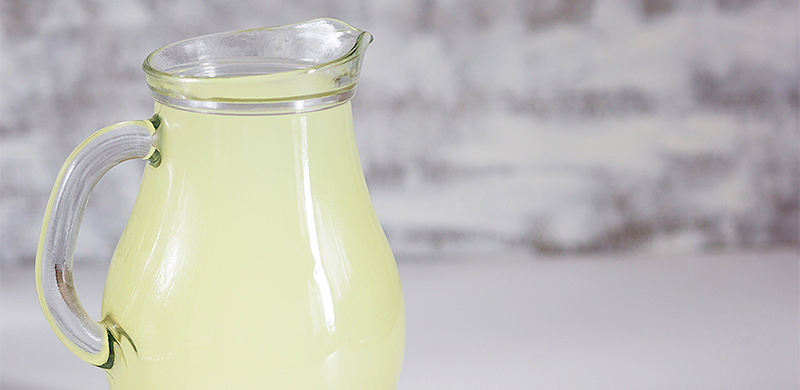
Whey
Whey is the watery part of milk that remains after the formation of curds usually in the cheese making industry. Whey can be used as a protein source for both human and animal food consumption.

Yeast
Yeast, a microscopic fungus capable of converting sugars into alcohol and carbon dioxide. Used to ferment beers and wines and to raise bread dough.
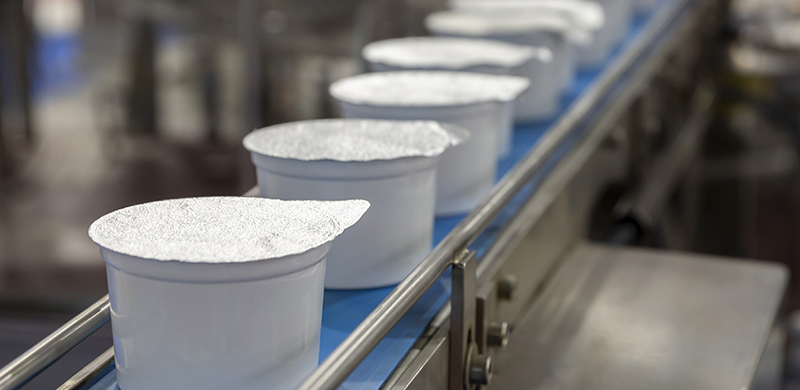
Yogurt
Yogurt is a food product produced by the bacterial fermentation of milk. Typically eaten as a breakfast meal of desert and also in drinkable form.


